Annual Report 2023
Published January 18, 2024 An accessible strategy document from southtyneside.gov.uk
Introduction
We launched our new 20-year Vision for South Tyneside just over one year ago.
That Vision - to make South Tyneside a place where people live healthy, happy, and fulfilled lives – was informed by the latest evidence and engagement with a wide range of people.
Five ‘Ambitions’ were identified:
We want all residents of South Tyneside to be:
Financially secure
Healthy and well
Connected to jobs
Part of strong communities
And we made a commitment to:
Targeting support to make things fairer
To help us achieve these ambitions, we follow a range of short and medium-term plans that guide Council resource allocation, service design and delivery.
Our three-year South Tyneside Strategy 2023-2026 is our main corporate plan. We launched the Strategy just over one year ago, alongside the Vision, and it sets out how we will progress each of the five Ambitions over the next 3 years.
Within the Strategy we also set out a firm commitment to be more open and transparent, in line with our new organisational PROUD values (Professional, Respectful, Open and honest, Understanding and engaging, and Deliver what we say we will)
We have since published Quarterly Performance Reports providing regular updates on our key performance indicators, projects and other activities.
We also promised to produce an Annual Report, to reflect on our progress over the year and set out our future intentions.
This is our first Annual Report since the new Vision and Strategy were launched.
It’s been another challenging yet productive year for us. The economic context continues to be tough – with the global economy impacted by geopolitical events, high inflation and mortgage rates and weak growth.
The cost-of-living crisis continues to affect our most deprived communities, as we look for new ways to do ‘more with less’ in the context of more restrictive government spending.
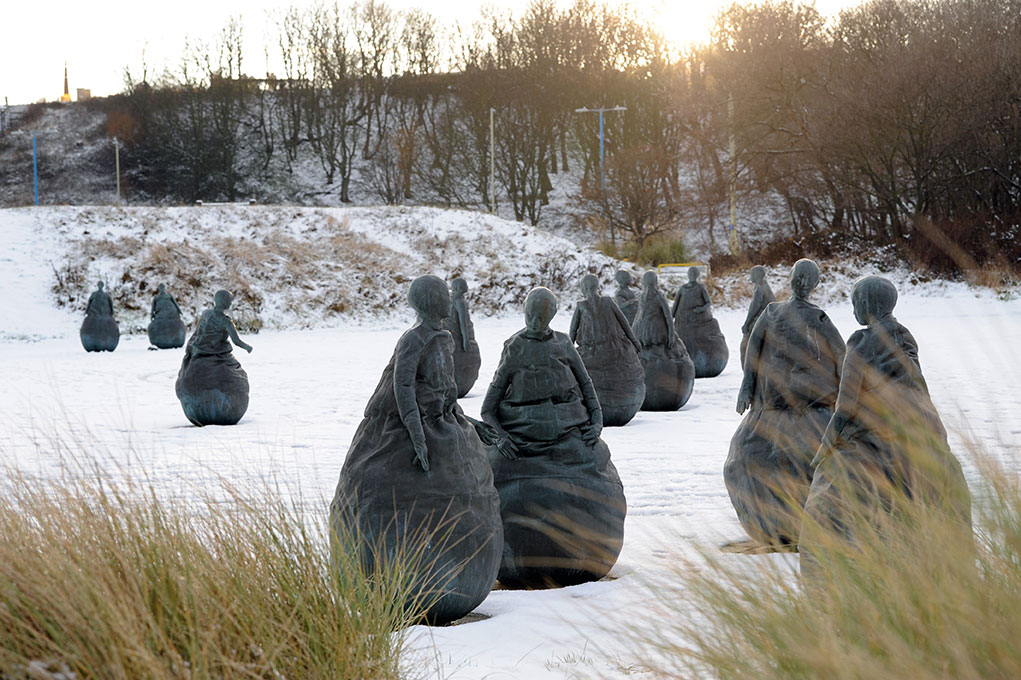
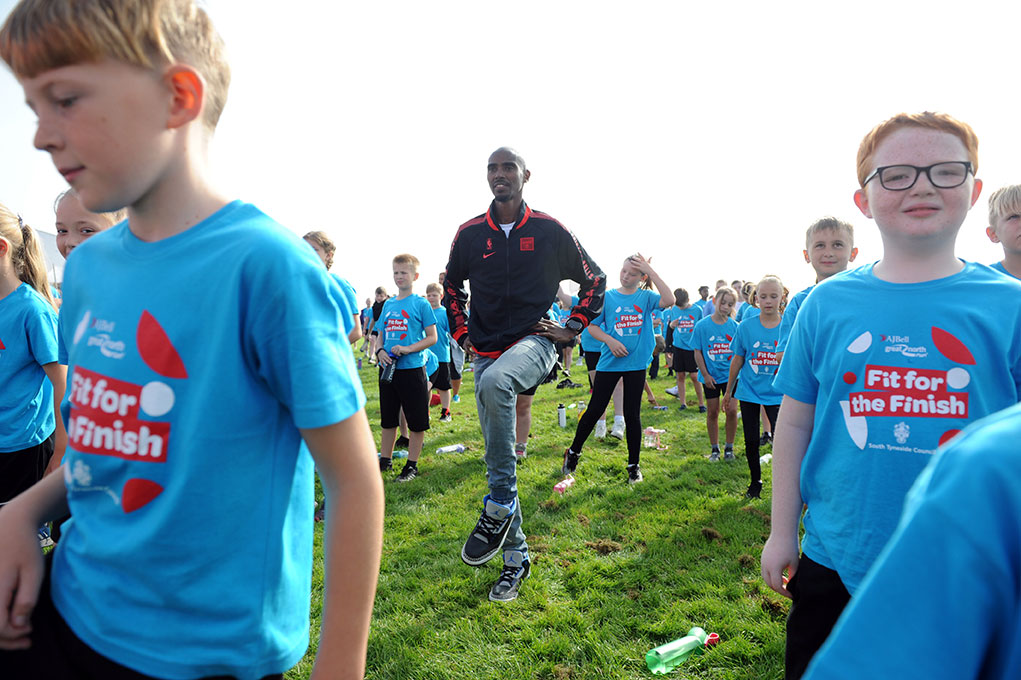

We should take great pride in what we’ve accomplished together in these challenging circumstances. Our residents and local groups have shown remarkable community spirit and resilience, a foundation from which so much can be achieved. Many people have contributed to the achievements in this report, and we believe it is our collaborative and determined approach that keeps us moving forward during challenging times.
As a Council, we continue to invest in the things that will help residents live healthy, happy and fulfilled lives, including: new extra-care schemes to support older people with higher care needs; new Children’s Homes to care for our young people within the borough; Welcoming Places to provide safe, warm spaces for advice and social interaction; new Family Hubs where families can access a range of services in one place; innovative Renewable Energy Schemes to reduce our carbon emissions, and the nationally recognised South Tyneside Pledge which has already brought an extra £3million to South Tyneside economy.
We’ve done some fantastic things in 2023. We recognise and celebrate our progress, but we also appreciate there’s much more to do to and we will continue to deliver our Strategy with determination and energy in pursuit of our five ‘Ambitions’.
We hope you find this Annual Report informative. Please let us know what you think and how it might be improved in future years. You can leave feedback here: https://www.southtyneside.gov.uk/article/11631/Leave-feedback
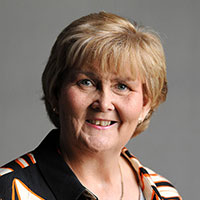

Our five ‘Ambitions’
When we launched the Council’s Strategy 2023-2026, we set out clear priorities for each of the five ‘Ambitions’ for the three-year period.
Financially Secure
Residents will be financially secure. They will have what they need for a good standard of living.
We will:
- Work with partners to share intelligence and identify residents close to, or experiencing, financial hardship and poverty.
- Promote, signpost and deliver interventions to support our residents through short-term hardship and enable good long-term financial wellbeing.
- Provide targeted support to those who are disproportionately likely to experience poverty and financial insecurity.
- Find new ways of listening and learning, working with our communities to co-produce interventions to tackle poverty.
Healthy and Well
Residents will enjoy good mental wellbeing and physical health throughout their lives. They will have the best start in life and be able to live and age well.
We will:
- Support our children and young people to get the best start in life.
- Enable and inspire our residents to live healthier lives.
- Create the conditions for good mental health and social connectivity at all ages.
- Ensure our communities can live safe from harm and access specialist support if they need it.
- Empower our residents with choice and independence to live longer, healthier lives in their homes and communities.
Connected to Jobs
Residents will have access to good quality jobs, skills and learning. They will have the skills and confidence to apply for a wide range of quality local jobs. These jobs will be in key and growing areas of employment and will benefit all of our borough.
We will:
- Build on our strengths in the green economy, advanced manufacturing, social care, and tourism and capitalise on emerging opportunities.
- Equip our local young people with the skills, confidence, and aspiration to move into a career right for them.
- Work with partners to break down barriers to employment and in-work progression.
- Open up opportunities for business growth and job creation.
- Deliver infrastructure and transport improvements that link people to services and opportunities.
Part of Strong Communities
Residents will live in clean, green and connected communities where they feel safe.
We will:
- Support green and sustainable choices and behaviours and connection to the natural environment.
- Enhance satisfaction in the local area by supporting clean and safe neighbourhoods and public spaces.
- Create opportunities for our residents to connect and participate in their local communities.
Targeting Resources to Make Things Fairer
We will target support at the residents and parts of our borough that need it the most, reducing inequalities and making things fairer.
We will:
- Establish what inequalities exist, where in the Borough they have the biggest impact on outcomes and how we are going to address them.
- Address Equalities, Diversity and Inclusion issues within our Council workforce and model best practice.
Financially Secure
Our latest figures show that around 1 in 3 children in South Tyneside are living in poverty, a quarter of our households are workless and around 1 in 7 residents aged 16 and over are claiming Universal Credit – a third of whom are in employment.
While the percentage of residents claiming unemployment benefits has fallen substantially since the pandemic, the rate remains higher than the regional and national average. This fall does not appear to be driven by people moving into employment as the employment rate remains relatively low and the percentage of people economically inactive, primarily due to long-term sickness, is rising. Undoubtedly, this and the impact of the biggest ‘cost of living’ crisis in recent years, is significantly increasing pressure on households.
Our Welfare Support Team experienced their busiest month ever in March 2023, and we know from partners that there is unprecedented pressure on their services too. Local food banks report increases in demand with donations below normal levels, while Citizens Advice report significant rises in the number of people seeking advice for a financial crisis issue.
We know that people on the lowest incomes are significantly more affected by rising prices, which can escalate to additional and complex issues such as homelessness, family breakdown and mental health challenges. Over the past year we have helped residents access more financial support and find ways to meet their basis needs during this difficult time. We have also aimed to help residents build a more secure financial position for themselves for the future.
2023 headlines:
99 attendees from across 36 organisations attended the 2023 South Tyneside Anti-Poverty Summit
1,000 low-income families have received help with new school uniform costs
70+ welcoming places have been established for local people to connect, get advice and access services
£148,000 given to local foodbanks by the Council to support residents facing hardship and food poverty
5,000 low income pensioners have received additional financial support
200+ residents have accessed help with finances and debt through the new Social Navigator service
£7.2m in unclaimed benefits has been accessed by residents through support from the Council
12,000 low-income households were supported with an additional £100 Council Tax rebate to help with the cost of living
£8.87m has been secured for South Tyneside from the UK Shared Prosperity Fund and is helping to support projects like the WHIST Food Fare Project, Hospitality & Hope community shops, Big Local Jarrow community centre activity expansion, Wise Group Home Energy Advice Team and much more
10,000 residents will benefit from support with Council Tax bills as part of the new, fairer Council Tax Reduction Scheme
12,087 visits have been received to the Cost of Living and Household Support Fund web-pages since they were first set up in October 2022
Priority 1: Work with partners to share intelligence and identify residents close to or experiencing financial hardship and poverty
The multi-agency Poverty Group was established in 2022 and brings together partners from across South Tyneside to ensure efforts are co-ordinated and targeted where they are needed most. This group has delivered some important work over the last year, including campaigns aimed at raising take-up of under-claimed benefits such as pension credit, and work targeted at groups facing heightened financial pressures, such as low-income families with children. A new Anti-Poverty Coordinator has also been appointed this year to help facilitate multi-agency action around this important agenda.
Priority 2: Promote, signpost, and deliver interventions to support residents through short-term hardships and enable good long term financial wellbeing
Demand for welfare support has increased considerably over recent years, as residents face financial pressures exacerbated by the cost of living crisis. People have required different levels of support and we have worked with partners to ensure a range of help and advice is on offer. In 2019/20, prior to the pandemic, our Welfare Support Team received approximately 1,600 applications for financial support; in 2023, this number was received in just four months. The team have stepped up to the challenge and by the end of 2023/24, estimate that they will have supported residents to access an additional £7.2million in previously unclaimed welfare benefits.
The newly established Social Navigator team have provided financial advice and support for over 200 residents over the last year, helping them to navigate bank accounts, utilities, benefits, and debt advice.
Meanwhile, our new cost-of-living web pages have received over 12,000 visits in 2023
and a cost-of-living support directory has been developed and distributed to front-line staff to help signpost residents to the appropriate support.
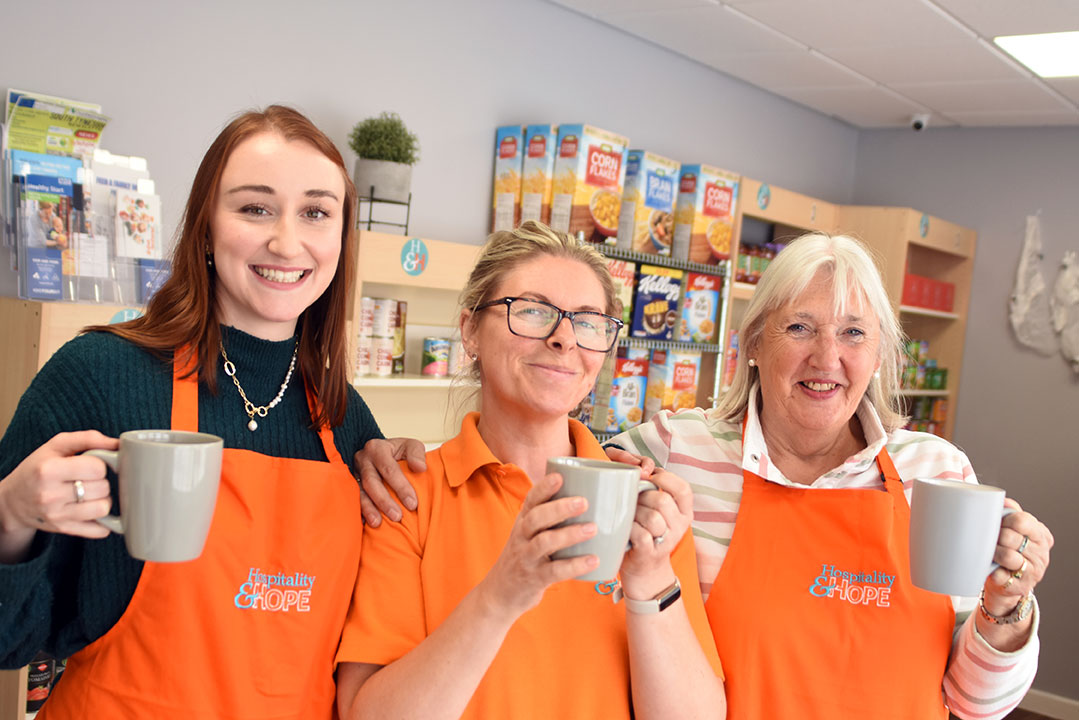
Priority 3: Provide targeted support to those who are disproportionately likely to experience poverty and financial insecurity
We joined forces with partners to work with residents facing financial challenges, including in relation to fuel poverty, food poverty, and financial pressures associated with school-aged children.
A new fuel poverty strategy has been developed to help support the 9,700 households estimated to be spending high proportions of their income to keep their home at a reasonable temperature. The strategy is aimed at helping households maximise their income, improve the energy efficiency of their homes, and manage energy costs, including helping people to move away from costly pre-payment meters and access cheaper online energy tariffs. Energy Roadshows have been held at community venues across the borough to share advice on how to manage bills, make homes energy efficient and get support with debts and money management. We have also joined up with Age Concern to offer free electric blanket safety tests at community venues. Additionally, winter readiness work is equipping a broad range of frontline services to provide advice and link residents at risk of suffering from the cold weather this winter to support for benefits, debt and housing, as well as wider healthcare, social connectedness and emotional wellbeing support.
This year we have also supported community partners to deliver a range of important initiatives aimed at addressing food poverty. This has included supporting the Key2Life community food bus project, which brings healthy, low-cost food and advice to neighbourhoods, and the WHIST Food Fare project which benefited from a share of the area’s £8.8million UK Shared Prosperity Funding and is working with schools and community projects to develop a network of community suppliers to donate food waste and community-grown produce to residents at low cost. UK Shared Prosperity Funding has also supported ‘Hospitality and Hope’ foodbank to open a second ‘one-stop’ community shop where residents can access ‘top up’ groceries at low prices and access support services such as debt advice and mental health support. In addition, we have supported the four established foodbanks in the borough with a further £148,000 to provide food packages and advice to local residents facing financial hardship.
We have also consciously targeted support at low-income families with school-aged children. More than 1,000 families across South Tyneside whose children receive free school meals and were due to start Reception, Year 7 or move into a new Junior School for Year 3, received supermarket vouchers to help ease financial pressures associated with new uniform costs. Families with children who would usually receive free school meals during term time were also supported over school holidays this year with supermarket food vouchers worth £10 per child per week. The popular Holidays, Activities and Food programme ensured that children aged five to sixteen (or eighteen for those with additional needs) and eligible for free school meals, were able to access a wide range of free activities ranging from drama to cheerleading to surfing over the six-week summer holiday.
In addition, many households experiencing financial hardship are set to benefit from a new fairer Council Tax reduction scheme that has been consulted upon over the last year. The new scheme, which will help 10,000 low-income working age residents, will bring in graduated bands of support, making it easier for households to understand what level of support they could be eligible for depending on factors such as income and existing benefits.
Priority 4: Find new ways of listening and learning, working with communities to co-produce interventions to tackle poverty
To help tackle the challenges of the cost of living, we have found more ways of listening to and collaborating with local communities. This has included building on the success of the first Cost of Living Summit in October 2022 with a further Anti-Poverty Summit in September 2023, which brought together 99 participants from 36 different organisations to reflect on and learn from work to date and drive forward further action on poverty.
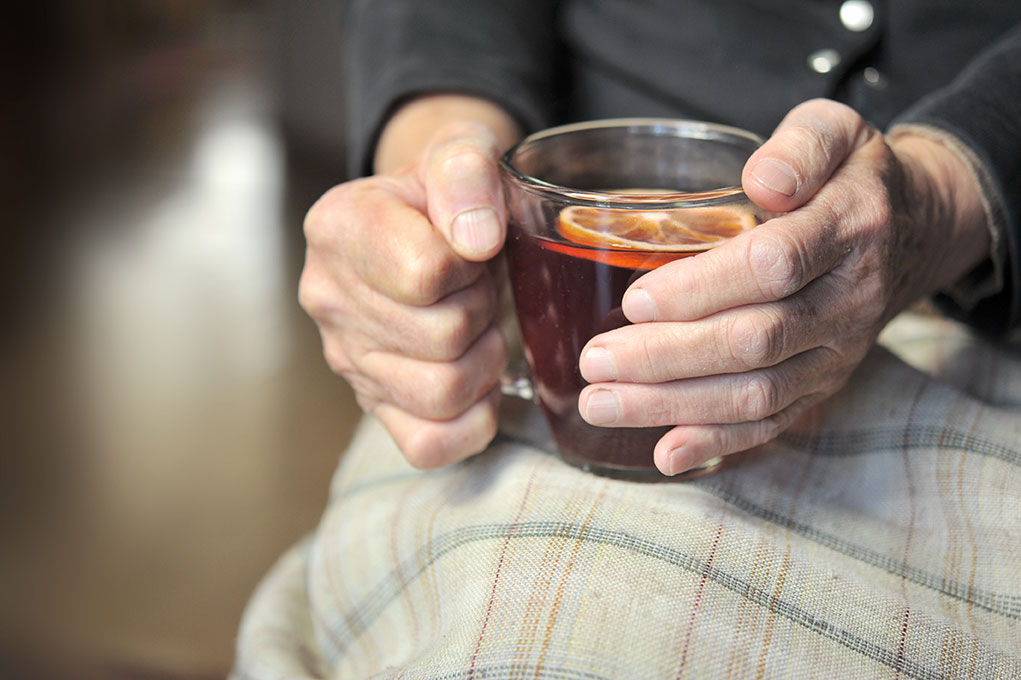

Another important way in which we have worked closely with communities has been through the new Welcoming Places network, which has seen more than 70 community centres, churches, charities and family hubs which initially provided a ‘warm space’ for people struggling with high fuel costs last winter, continue to keep their doors open for residents to come regularly to get advice, connect with others, and take part in free activities. An evaluation of the network supported by the University of Liverpool and National Institute for Health and Care Research found that the spaces are greatly valued by the estimated 1,500 people a month who use them and are viewed by users as important for reducing loneliness, as well as avoiding costs of keeping individual homes heated or travelling to visit friends and family who may live far away.

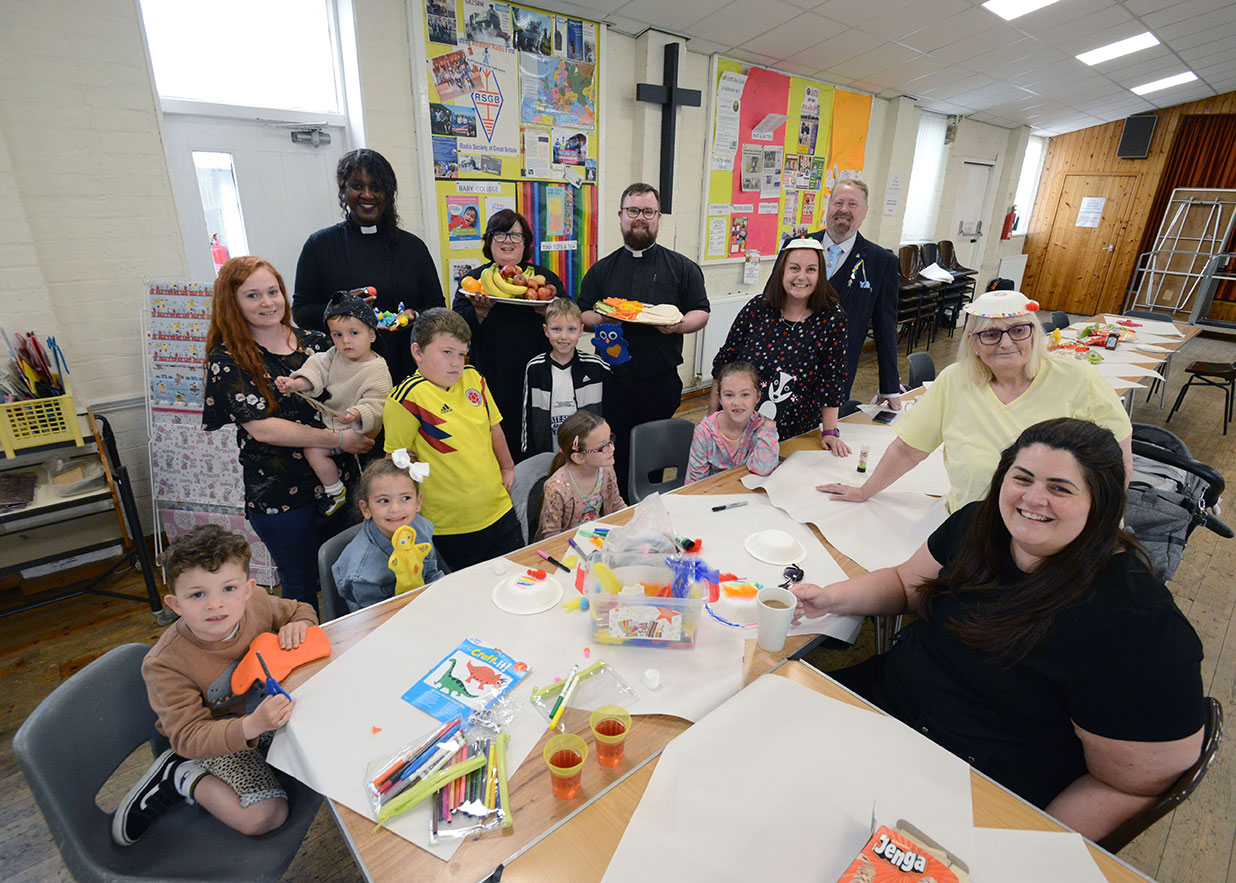
What’s Next?
By working more closely with partners and community groups to jointly tackle poverty, we have not only made a difference to thousands of residents under great financial strain this year, but we have also laid the foundations for continued collaboration to help more people achieve financial security in the future.
We will:
- Build on partnership working successes by improving data sharing, working together on more funding bids, and further developing positive schemes such as the Welcoming Places
- Help frontline teams and volunteers to make every contact count with the training and information they need to signpost and have meaningful conversations with people in local settings on issues like housing, health, debt, and food.
- Take a more localised approach, coordinating action with partners at a neighbourhood level.
- Work to make cost of living advice simple and easier to find.
- Support residents to maximise take-up of available benefits and other support.
- Develop an Anti-Poverty and Inclusive Growth Strategy which builds on the themes and solutions identified within the latest Anti-Poverty Summit.
- Continue listening to people with lived experience to ensure services are designed based on insight and evidence.

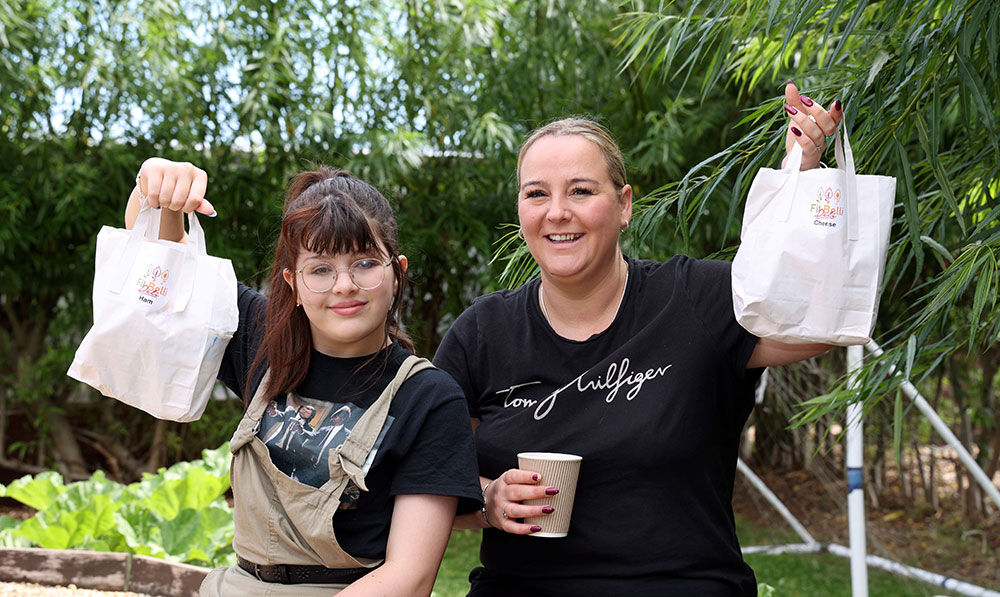
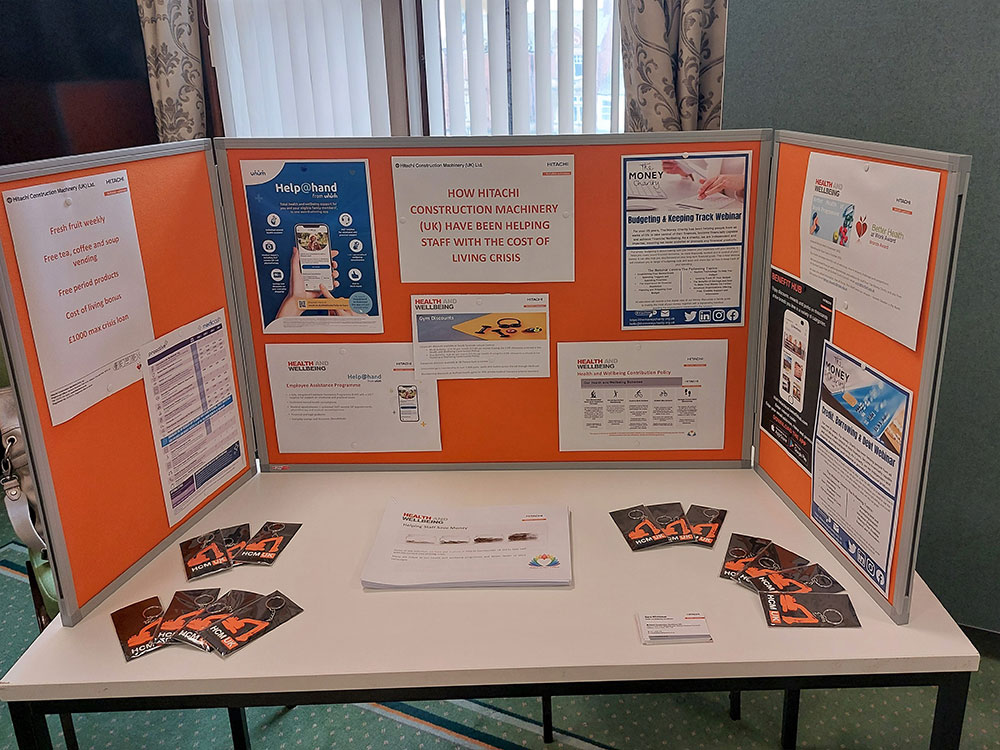
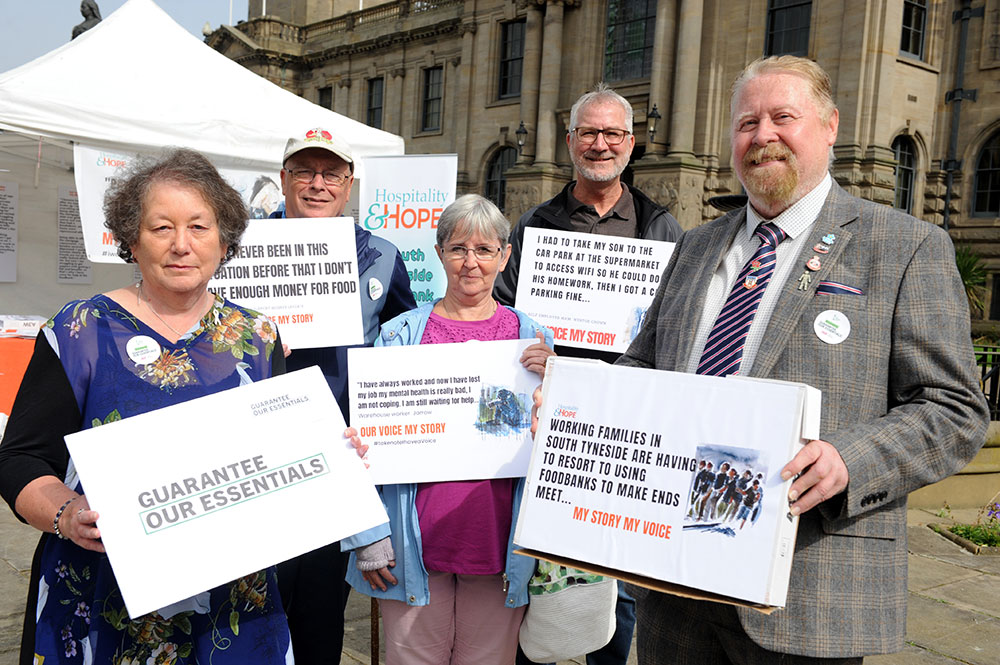


Healthy and Well
South Tyneside performs well in some areas that are key to enabling our residents to stay healthy and well. We have a vibrant and involved voluntary and community sector, award-winning parks and beaches, affordable housing, modern leisure facilities and the majority of our education providers - 45 primary schools, 8 secondary schools, 3 special schools and 1 college - are rated good or outstanding by Ofsted.
However, we know we have some real challenges, and our borough lags behind on some key indicators of good health and wellbeing. Just over a quarter of babies are breastfed at 6-8 weeks, compared to nearly half nationally, and nearly 1 in 6 residents 18+ are tobacco smokers. Meanwhile, the percentage of residents that are overweight or obese exceeds the national average. Domestic abuse and the rate of emergency hospital admissions for intentional self-harm remain a concern in South Tyneside, and nearly 3 in 10 residents report feeling lonely often, always, or some of the time.
We know that the conditions in which people live, learn and work are important to their health. The resources that people have available to them, including the amount of money they have, are important too. Financial insecurity and deprivation are linked to a wide range of poorer health outcomes, and nearly 45% of South Tyneside's neighbourhoods are in the most deprived 20% nationally.
This challenging context is consequential for the demand placed on services. Demand for Children’s Social Care support continues to exceed that regionally and nationally but has reduced over the last year despite some large spikes in referrals earlier in 2023. Numbers of Children in Need have also reduced slightly but there has been a rise in our Cared For children.
South Tyneside has an increasing prevalence of school pupils with social, emotional and mental health needs, with the number of children receiving intensive special educational needs support continuing to rise, up 7% on last year. Meanwhile, demand for Adult Social Care continues to increase, with a 2% rise in people needing our support services between Autumn 2022 and 2023. In the same period, the number of older people being admitted to residential care decreased by a third, falling in line with the North East rate, but still well above the England-wide average. People who do receive our adults social care receive high quality support, with the majority of our care providers rated as good or outstanding by the Care Quality Commission.
Within this challenging context, over this last year we have continued to push forward with a range of efforts in line with our strategic priorities to help improve health, wellbeing, and care outcomes for people of all ages.
2023 headlines:
1,500 families took part in the engagement activities and events held to launch the new Family Hubs network
209 care leavers aged 18-25 can now access free public transport in Tyne and Wear
3 new children’s residential homes are being built in the borough
4 Mockingbird fostering constellations are supporting foster families with peer advice and social activities
300 new homes are being created via three new Extra Care schemes to support adults with care needs to live independently
230+ ‘A Better U’ Champions are signed up to help communicate health and wellbeing messages to their friends, families, neighbours and colleagues
9,200+ people across the borough have leisure memberships (with a third of these concessions)
145 care leavers and children looked after are making the most of the our offer of free gym, swim and exercise classes
£1.6m was secured from the Active Travel fund to help improve the local cycling and walking network
£700,000 has been invested to improve facilities at Monkton Stadium
10,000 visitors have used the new ‘Green Gym’ at Monkton Stadium during the first 3 months of opening
300+ school pupils took part in the ‘Fit for the Finish’ 1.4km fun-run
17 schools earned Healthy School Awards
12 employers secured Better Health at Work Awards this year
10 venues make up the borough’s network of ‘Chatty Cafes’, venues which are signed up to offer 'chatter and natter' tables with friendly volunteers ready to connect with anybody who might be at risk of loneliness and isolation
£2m has been secured from the government’s Rough Sleeping Accommodation programme and is supporting outreach services for those in crisis and seven new local move-on properties for tenants experiencing or at risk of rough sleeping
Priority 1: Support our children and young people to get the best start in life
2023 has been an important year for Children’s Services, in the context of significant demand and following a challenging inspection in late 2022 which identified some areas of strength and some clear areas for improvement.
Thanks to our dedicated and passionate workforce and with help from a new leadership team who helped to bring stability at an important time, we’ve moved forward at pace in line with our improvement plan, putting in place a range of measures which ensure children are safe and supported by our services. As part of this, we have invested an additional £2million to strengthen workforce and leadership, address challenges around practice, improve training and development, and progress increased local capacity and placements for children. Our own investment was supplemented by a successful bid to the Department for Education for just under £1millon.
This year we’ve made significant progress on some key projects that will support families and ensure our children and young people get the best start in life. In June, we celebrated the launch of our Family Hubs offer, with over 1,500 children and caregivers and 80 partner organisations taking part in engagement events and activities. Our 12 Hubs act as a ‘one stop shop’ for families to access high-quality support on parenting, early language and home learning, parent-child relationships and much more. Services and professionals such as midwives, health visitors and early help workers are co-located in our Hubs, so families can be connected to the right support, with the right person, at a time that suits them.
It’s important that any child or young person needing to enter care can move into a high-quality, stable residential or foster care placement that is right for them, which is why we’re building three new residential children’s homes across South Tyneside. Building work has started on a new assessment centre and residential home in Jarrow, and we’re working to identify other suitable sites within the borough.
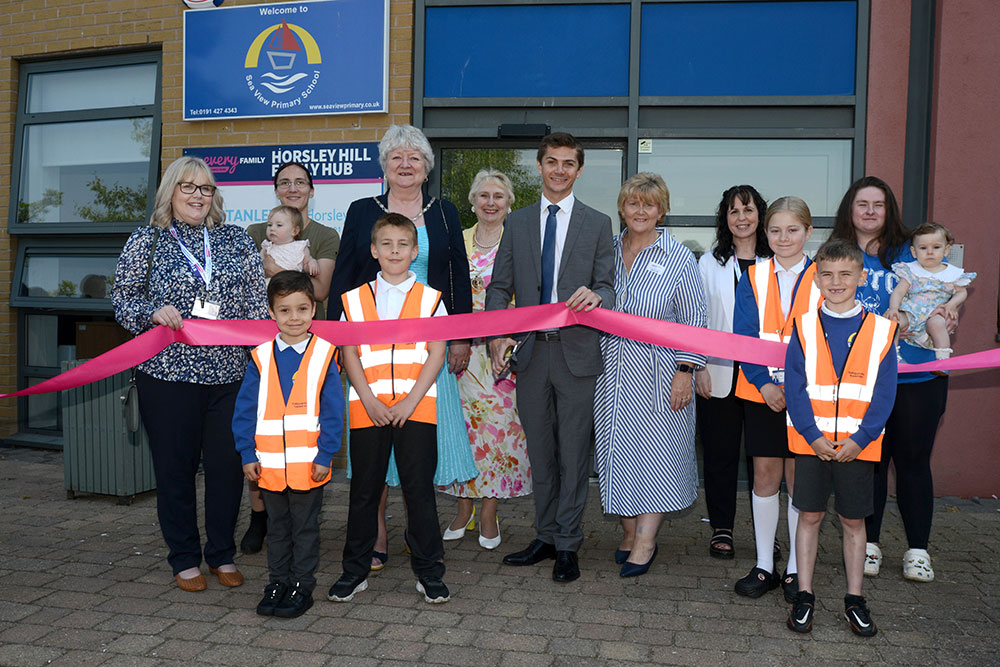
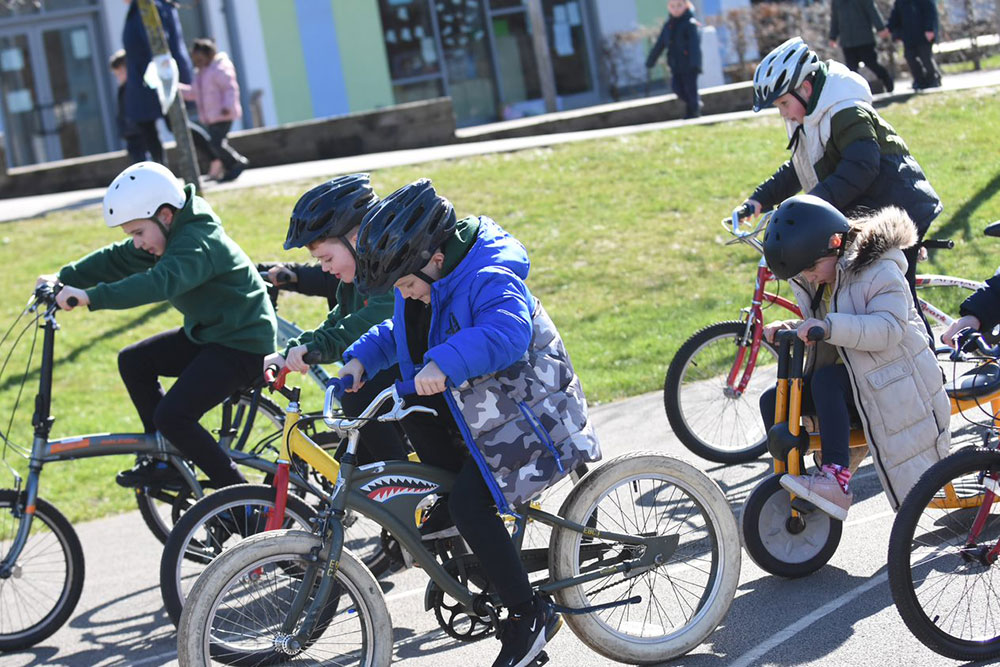
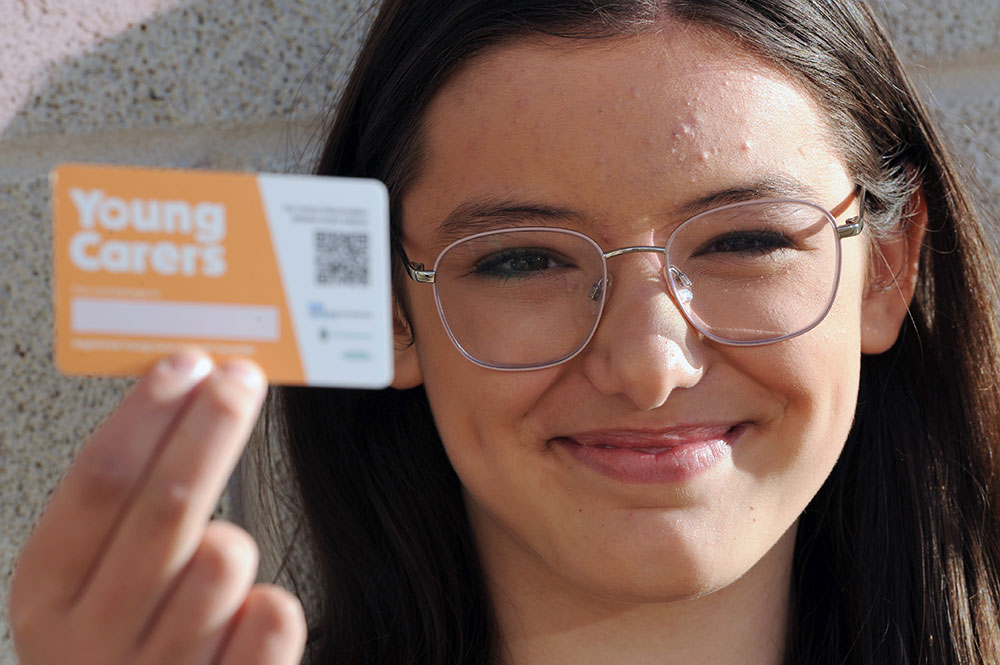
We’ve also strengthened our package of support to foster carers to make sure we’re able to recruit and retain these fantastic families and individuals who make such a difference for our children and young people. Potential carers will now be able to benefit from a new £3million North East Pathfinder Hub, which will provide support and advice to people across the region who are interested in applying to foster. We’ve also increased the fees and mileage foster carers can claim and have rolled out a fourth Mockingbird fostering constellation. This innovative, extended family model provides sleepovers and short breaks for foster children, peer support and regular planning and training for foster carers and social activities for foster families. Currently, the model is supporting 43 children across 25 foster families, and there are plans to launch a fifth constellation before April 2024.
We know that many of our children and young people need targeted support to help them thrive. We’re delighted that the Beacon Centre, which supports children and young people with social, emotional, and mental health needs, was awarded an Ofsted rating of ‘Good’ in all areas, with the latest inspection report describing the centre as ‘a positive, supportive environment where pupils do well’. Meanwhile, a new ‘satellite site’ of Keelman’s Way School, which caters for children with learning disabilities aged 2-19, is being set up on the site of the former South Shields School, helping to provide additional places for 16 students with additional needs who might otherwise have to travel out of the borough for their education. With partners, we’ve also established a new working group to understand the impact the pandemic has had on children and young people. The group will develop plans to address key issues such as developmental delay, language development and school resistance.
Children and young people with care experience shouldn’t face barriers in accessing opportunities and support. That’s why we provide our care leavers and looked after children, along with a nominated buddy, with free access to all gym, swim, and exercise classes in our leisure centres. Following a successful pilot, 209 care leavers will also be provided with free bus and Metro travel.
To support our Young Carers to have easier conversations with health professionals and teachers about the support and flexibility they might need, a Young Carers ID card has been co-produced with local young people with caring responsibilities. Over the coming months, the Young Carers Service will be providing ID cards to all registered Young Carers and the scheme will be promoted within schools, further education and training settings and health organisations.
Priority 2: Enable and inspire our residents to live healthier lives
We know it’s important that there are opportunities for residents of all ages to live healthy lives. South Tyneside has some fantastic facilities and natural assets that many of our residents take advantage of to stay active. The average distance to the nearest park, playing field or public garden in our Borough is only 399 metres – less than half the national figure. Yet around two in five of our Year 6 children and over three quarters of adults are overweight or obese, with physical inactivity rates higher than regional and national averages. We know that physical activity has lots of health benefits, from increasing sleep quality to reducing the risk of long-term chronic conditions, which is why we continue to work hard to create the conditions for more people to be active.
Over the last decade we have invested significantly in our leisure assets, including building the £16million Haven Point in 2013, £13million Hebburn Central in 2015 and transforming Jarrow Community Centre into Jarrow Focus in 2019 with £3million in improvement works. As a result, our leisure memberships have increased by 2,074% from 414 memberships in 2014 to over 9,200 in 2023. Memberships increased by 17% between 2022 and 2023, while we have invested £700,000 into refurbishment works at Monkton Stadium. The investment has included a new sauna and changing rooms and an innovative new green gym, which uses state of the art technology to convert movement into electricity. The new facilities attracted 10,000 visitors in the first three months.
Meanwhile, £2million, including the £1.6million secured from the fourth round of the Active Travel Fund, is being used to fund improvements to South Tyneside’s cycling and walking network, enabling more residents to be active in their everyday lives, and other various schemes, including School Streets trial and Healthier Metros, are underway to encourage more people of all ages to walk or cycle to work or school.
We have also helped to organise a range of other events and initiatives which promote physical activity. September’s ‘Fit for the Finish’ 1.4km fun run, saw 300 children take part in the event, and was supported by the Great North Run and attended by Olympic gold medallist Sir Mo Farrah. This year we also established the new weekly junior 2k park run in North Marine Park which has created regular opportunities for children and their families to have fun and get active. Additionally, children in four primary schools across South Tyneside are part of a new ‘Teach Active’ pilot, focused on making core subjects such as Maths and English less sedentary, supporting children to do at least 60 minutes of physical activity each day.
In 2023, 17 schools and 12 employers were awarded ‘Healthy Schools’ and ‘Better Health at Work’ awards, and over 230 people across the borough passionate about improving the health and wellbeing of people in South Tyneside signed up to be ‘A Better U’ champions. Our champions are doing a fantastic job helping people in their communities stay up to date with the latest health and wellbeing advice and supporting the delivery of our ‘A Better U’ approach which strives to make health and care support proactive, personalised and fair. Meanwhile, our Young Health and Wellbeing Ambassadors continue to lead the way in the fantastic work they do to support their peers, including providing valuable input into healthcare design and improvement, and this year development a new mental health podcast campaign.
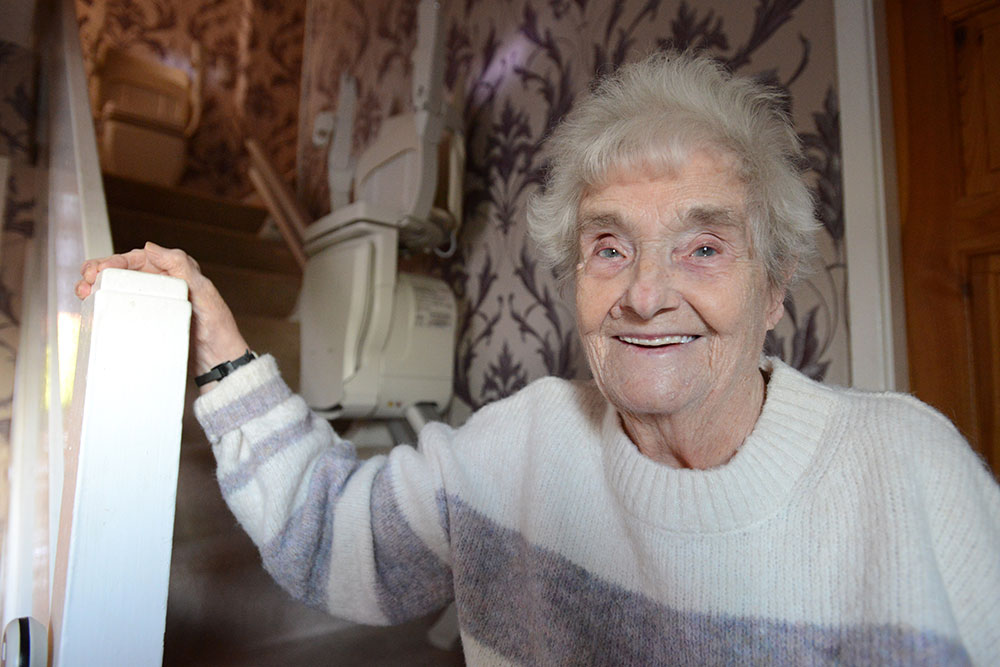
Priority 3: Create the conditions for good mental health and social connectivity at all ages
To help address loneliness and isolation in our communities, we have established a multi-agency Loneliness and Social Isolation Network, with a strategy now in development. The new strategy will bring together strands of work that are helping to promote connection within our communities, including the ongoing development of a network of 10 ‘Chatty Cafes’ across South Tyneside with volunteer-led drop ins for people to create connections with each other, mapping and promotion of ‘Happy to Chat’ benches across all parks and cemeteries in the borough, and the ‘A Future You’ planning for healthy aging scheme. Work has also taken place on a youth-specific loneliness programme of work, with 25 young people attending a workshop that supported them to identify key issues that contribute to social isolation, leading the creation of artwork that can be used as a staff training tool.
A range of wider Council and partnership-supported schemes also have a role in combating social isolation. An evaluation of the network of South Tyneside's more than 70 'Welcoming Places' offering activities and a space for people to meet up, access advice and make friends, found that the estimated 1,500 users a month view them as important in reducing loneliness. Similarly, South Tyneside's various community facilities host a range of opportunities, from popular 'knit and natter' sessions at libraries to new parent groups at family hubs, which serve to bring people together around shared interests and experiences.
The ‘Great Get Together’ programme in June also provided focus for a week’s worth of events across the borough aimed at facilitating connections and tackling loneliness, including picnics at Bede, Whitburn and West Park Family Hubs and an Age Concern Tea Dance and ‘Get to Know You’ session.
We’re also making steady progress towards becoming a World Health Organisation-accredited ‘age friendly community’, which will certify South Tyneside as a place where age is not a barrier to living well and where the environment, activities, and services support older people to enjoy life and feel well.
Priority 4: Ensure our communities can live safe from harm and access specialist support if they need it
We know that it’s also important that we target additional support at those with multiple and complex needs and act when it’s required to keep people safe from harm.
Robust local safeguarding arrangements are critical to ensuring that people with care and support needs (arising due to young age or due to issues such as learning disabilities, substance abuse, dementia, or other circumstances) are protected from harm. This year we have strengthened our arrangements with two new separate safeguarding forums, a Safeguarding Children’s Partnership and a Safeguarding Adults Board, each with their own independent chair.
There has been a concerning rise in rough sleeping this year, both nationally and locally. In South Tyneside, the number of contacts from people concerned they are at risk of homelessness increased by 27% between 2021/22 and 2022/23. Meanwhile, the rough sleeper rate increased from 0.7 to 2.7 per 100,000 residents from 2022 to 2023. To address this, we’ve established a fortnightly working group with partners and used funding secured from Government’s Rough Sleeping Accommodation Programme to set up seven new one-bedroom properties for people who are rough sleeping or at risk of becoming homeless. The funding will also provide outreach support to tenants, who will be supported by housing officers to develop the necessary foundations, support, and skills they need to live independently. In addition, the Council has commissioned a community provider to provide outreach support and has also employed new tenancy sustainment officers to work closely with those at risk of homelessness.
We know, however, that there is more to do. Early prevention and addressing the causes of homelessness are priorities for future work. We also know that a partnership approach to homelessness is essential, both at a borough and regional level. Working with partners, we are taking a range of steps to get ahead of this challenge and prevent people from reaching crisis point. A new Homelessness Prevention Group has been established, an assessment of homelessness services is underway, and a new homelessness and rough sleeper strategy is being developed. A review is also underway of private supported housing used by tenants with additional needs such as substance abuse, and a programme of work is being developed to work with providers to drive up standards, improve options available to young people, including care experienced young person, and to develop pathways for people to reach more sustainable housing options.
With housing foundational to health, work is also ongoing around tackling poor quality homes, across all tenure types, specifically in respect of damp and mould. Although as a landlord, we are confident that when council housing tenants experience these challenges, we have the correct measures in place to be able to respond effectively to concerns and complaints, investigate the underlying causes and offer a range of solutions, we know that tenants within the private sector do not always have the same experience. We have therefore made a commitment to work more proactively with the private rented sector going forward to tackle challenges around property conditions, as well as tenancy management and homelessness.
Through the Healthy Homes initiative, we're also providing targeted support to some of our most vulnerable residents, including those with health conditions that put them at risk and households in our most deprived areas. So far, support staff have conducted 32 initial visits to assess household risk factors, signposting residents to services offering debt advice, home safety checks and eco housing improvements.
Priority 5: Empower our residents with choice and independence to live longer, healthier lives in their homes and communities
We have worked hard this year to roll out more support and improvements for adult social care users in line with our recently refreshed ‘Living Better Lives’ Adult Social Care and Commissioning Strategy, which places personalisation and co-production at the centre of care delivery. As part of this, we organised a series of roadshows themed around ‘skills’ and ‘health and wellbeing’ to discuss with partners how the Strategy might be delivered.
In 2023, we created additional extra care and reablement apartments through converting Borrowdale House from sheltered accommodation to extra care and reablement housing, a change which is helping more people to be discharged from hospital on time and safely, and avoid going unnecessarily into residential and nursing care homes. Borrowdale can now accommodate thirteen residents who have been discharged from hospital for up to six weeks, while their recovery is supported, to allow them to return home to live independently. The facility includes integrated health and social care services and has been adapted to include a therapy room, a hoist and wheelchair accessibility improvements.
Our new ‘See and Solve’ Trusted Assessor service, which launched in September 2022, is supporting people to easily access the equipment and home modifications they need to live independently. The service provides a timely assessment of an individual’s home adaptation requirements and reduces the need for repeat visits and delayed outcomes by where possible, fitting equipment during the assessment. So far, the ‘See and Solve’ service has resulted in reduced waiting times for individuals requiring more complex assessments from 8 months to approximately 6-8 weeks. The service has also been shortlisted in the ‘Outstanding Achievement of the Year’ category of the National Healthy Housing Awards which is led by Foundations, the national body for disabled facilities grants and home improvement in England.
Work is also underway to build two specialist supported living housing schemes at Father James Walsh and Nolan Hall, both designed specifically for people with complex autism and learning disabilities. The Father James Walsh site will host 10 bungalows and the Nolan Hall site will offer six apartments and five bungalows. Staff accommodation will be located at both sites to ensure residents have the support they need while still being able to live independently in a community setting nearby to family and friends. Construction is underway and the schemes are expected to be ready for residents to move in by Autumn 2024.
Looking to the longer term, in recognition of our ageing population and that more people will require a range of different accommodation options to support them in their older age, we’ve set out plans to create up to 300 homes in new specialist Extra Care schemes. This includes a 120-home apartment scheme at Chuter Ede, which will include 20 homes specifically for people living with memory impairment and dementia and will incorporate a café and multi-use spaces accessible to the public. A similar 96-apartment scheme, with 17 apartments designed specifically for people with dementia, and a café and multi-use spaces for activities, is proposed at the site of the former Lincoln Court in Hebburn Town Centre. A third Extra Care facility will also be developed in the coming years as part of the partnership between us and housing association Karbon Homes, as set out in our wider Adult Social Care Accommodation Strategy.
What’s Next?
- Continue to rapidly strengthen and address areas of concern within Children’s Services through the delivery of the Improvement Plan and ongoing work with partners, with a view to securing Ofsted endorsement of the progress made.
- Continue to invest in a range of provision for children and young people requiring care and support, including by recruiting and retaining foster carers and delivering the three planned new children’s homes.
- Plan and deliver a huge range of ongoing initiatives and service changes which provide crisis support, as well as those which support prevention and early intervention across a range of outcomes.
- Continue with the delivery of the five-year Health and Wellbeing Strategy and five-year ‘Living Better Lives’ adult social care and commissioning strategy, including by bringing forward a range of accommodation options to support maximum independence.
- Strengthen homelessness services to meet changing needs, working with partners at a local and regional level including on prevention and working with private sector partners to raise standards.
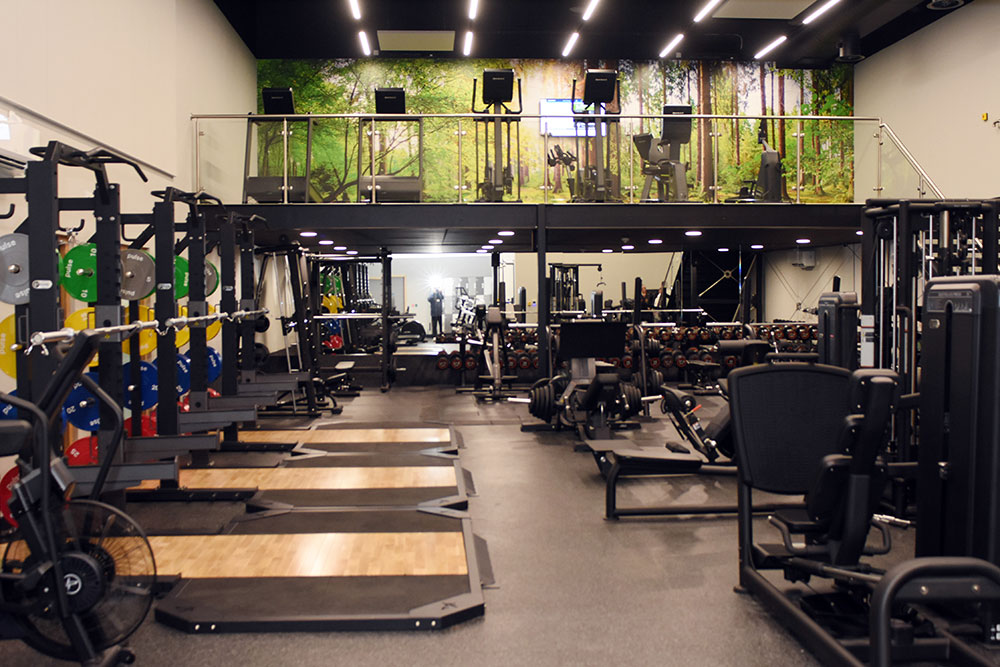
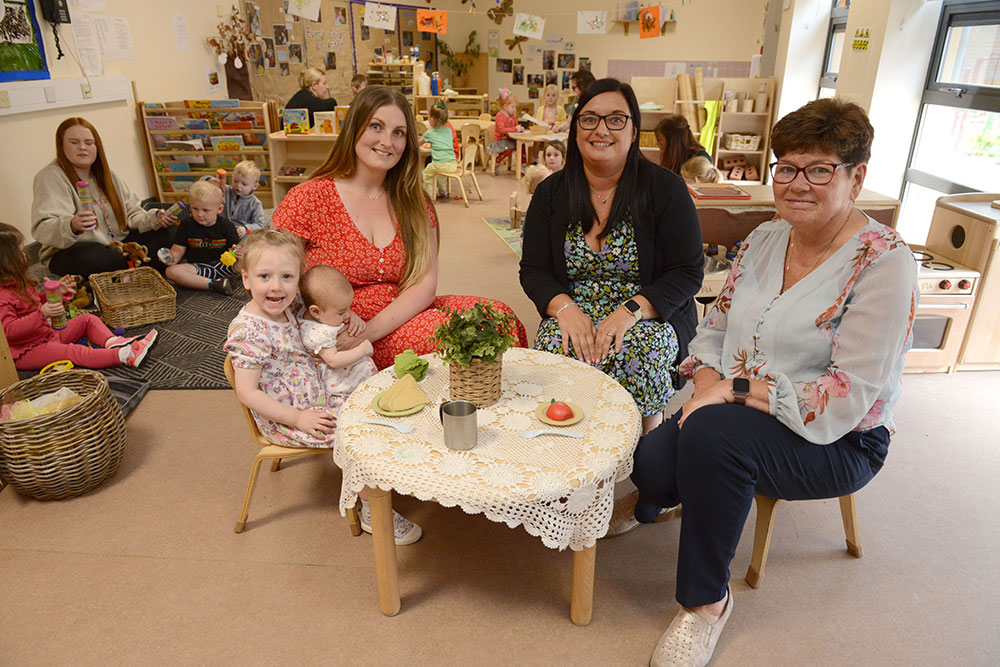
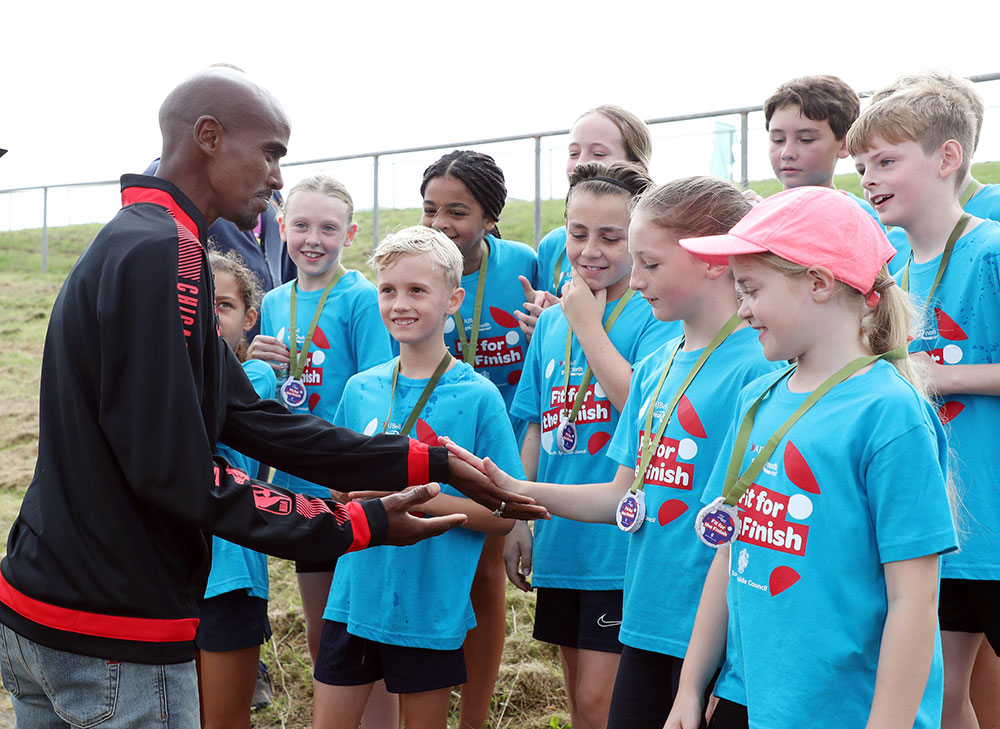
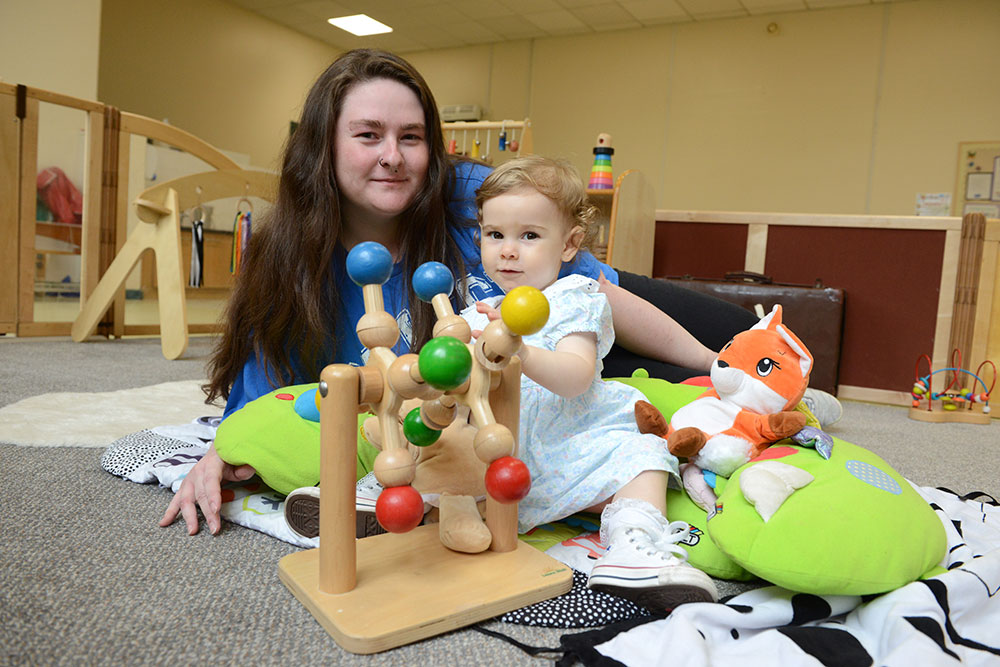
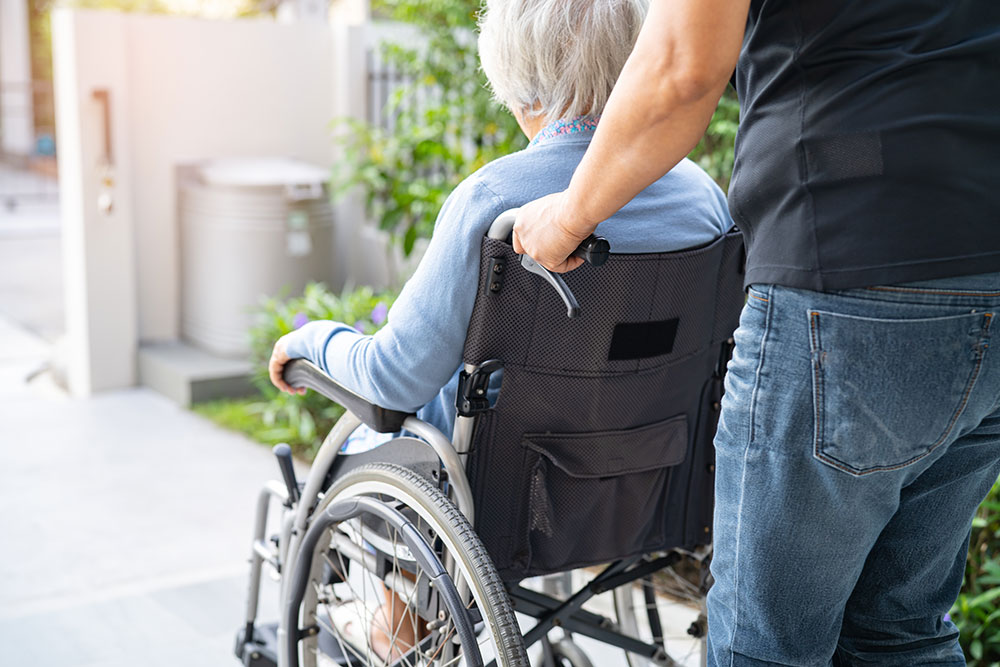
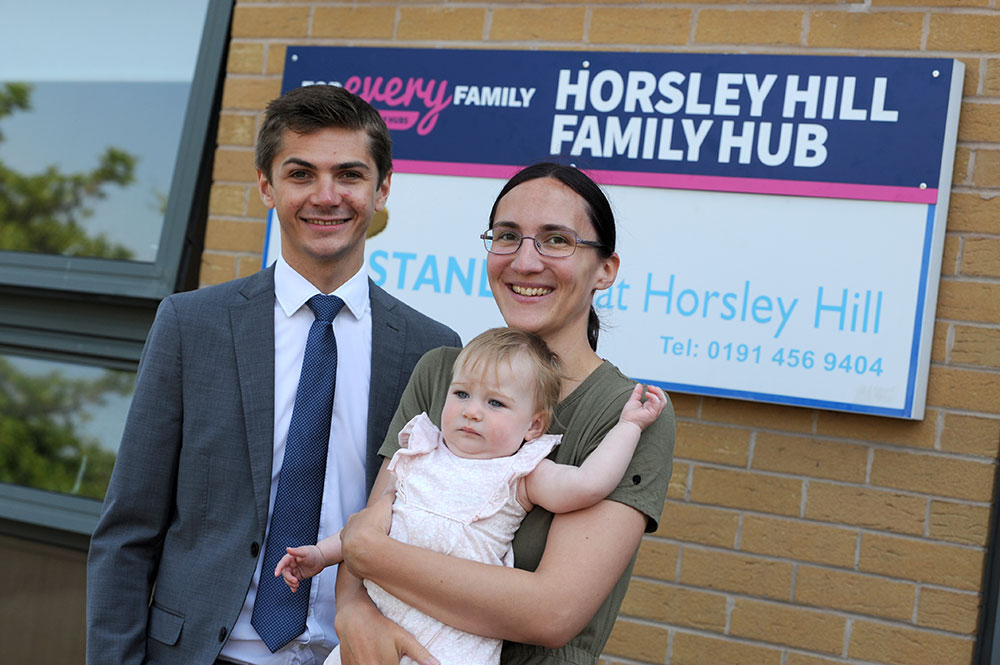
Connected to Jobs
Residents in South Tyneside face some longstanding and complex challenges in relation to deprivation and health and skills inequalities and, along with the rest of the country, have faced increasingly difficult economic conditions post-pandemic. It is important for us to continue to support business recovery and growth where possible, and help residents get the skills they need to secure quality employment.
Although the UK has avoided a technical recession this year, post-pandemic recovery has not been straightforward and growth has been weak (with national GDP seeing just a 0.3% increase in the three months to August), as businesses nationally, regionally, and locally have navigated high energy costs, wider inflationary costs, high interest rates and national skills shortages.
While the entire country is experiencing these challenges, South Tyneside has not yet ‘bounced back’ post-pandemic to the same degree as some other places, with employment and unemployment figures locally still behind regional and national comparators and with a 118% increase in the number of local businesses declaring insolvency between 2019 and 2022. The EU Exit has put pressure on important local sectors, including manufacturing, tourism, health, and social care and hospitality, and added to this, the prevalence of low paid jobs in South Tyneside (with 1 in 5 below the living wage), a lower proportion of jobs with progression opportunities than the UK average, as well as a complex legacy of mental and physical health challenges, have all acted as barriers to local economic recovery.
Specific cohorts of the local workforce have also been impacted in different ways by the challenges of recent years. High numbers of older workers have not returned to employment after the pandemic, some because of ongoing health challenges and caring responsibilities, which is contributing to persistently high economic inactivity rates and skills shortages. The proportion of 18- to 24-year-olds, a group whose education and early careers were particularly impacted by the lockdowns, claiming benefits also remains high. This is echoed in the local rate of young people aged 16 to 18 not in education, training, or employment, which has also seen a gradual increase over the last year.
There have also been challenges for those residents in work, particularly as cost-of-living increases put pressure on lower income workers. Median monthly pay in South Tyneside lags behind that of the regional or national average.
2023 headlines:
231 local employers are engaged with the South Tyneside Pledge, helping to boost the local economy
100% of South Tyneside’s Special Schools are rated ‘Outstanding’ or ‘Good’ by Ofsted
75% of local Secondary School are rated ‘Outstanding’ or ‘Good’ by Ofsted
96% of local Primary School are rated ‘Outstanding’ or ‘Good’ by Ofsted
628 Year 10 and 11 pupils and parents attended the ‘Your Next Steps’ careers event
30 local businesses took part in the July job fair hosted in the Town Hall
154 businesses are based in the Council’s Business Centres, employing a total of 770 people
200 local prospective entrepreneurs are being supported with free advice and support to grow their business ideas as part of a local UK Shared Prosperity Fund-supported and TEDCO-run project
1000 residents engaging with ‘Our South Shields Conversation’ supported the idea of the £20m college relocation project
400m in private sector investment and 7,000 new jobs are being delivered through the International Advanced Manufacturing Park
£2m has been invested into the Coast Road Realignment Project to protect the key coastal route from erosion
£4m has been invested in road and footpath repairs
3,000 school children took part in cycle training
£4.2 billion of investment is set to be unlocked for the region via the new North East Devolution Deal
Priority 1: Build on our strengths in the green economy, advanced manufacturing, social care and tourism, and capitalise on emerging opportunities
This year we have continued to progress a range of important regeneration projects that build on our sectoral strengths and create the environment for business growth and job creation.
This has included pressing forward with the next phase of the International Advanced Manufacturing Park (IAMP), the flagship joint South Tyneside and Sunderland Council venture which is creating world-class facilities and infrastructure near to the Nissan Sunderland plant, to support the continued growth of the automotive and advanced manufacturing industry in the region. The first phase of the IAMP has already attracted Envision’s £450million gigafactory manufacturing factory, creating 750 local jobs. This year, plans were submitted and agreed for the next phase, the Northern Employment Area, which will include more than 1.8 million sq. ft. of industrial space as well as infrastructure improvements, such as the dualling of the A1290 between the A19 and Downhill Lane junction, southern access from International Drive, and a new access road with a bridge across the River Don, as well as a new pumping station and electricity substations. This new stage is expected to generate at least 140 jobs each year over the ten-year construction period, with more than 3,000 jobs directly created once the sites are fully operational, and a further 3,485 jobs indirectly created in the wider local supply chain.
Other projects underway include South Shields Town Centre regeneration plans, which have moved several steps forward with the launch of a new South Shields masterplan vision, which sets out a framework for the future of our borough’s largest town over the next ten years. The vision responds to issues identified by residents and businesses via the ‘Our South Shields Conversation’, including a desire for an improved retail offer and high-quality public spaces, more diversity in the town centre, more residential and commercial developments, and the importance of bringing empty properties back into use, enhancing the public realm and green spaces and attracting future funding.
A key element of the plan is a new state-of-the-art town centre college campus for South Tyneside College and South Shields Marine School, relocating from its existing site in Westoe. Demolitions have taken place at the site of the former Central Library on Prince George Square and planning permission has been agreed for a new 14,000 sq.ft main college building, refurbishment of an existing listed building on Barrington Street and a new student accommodation block.
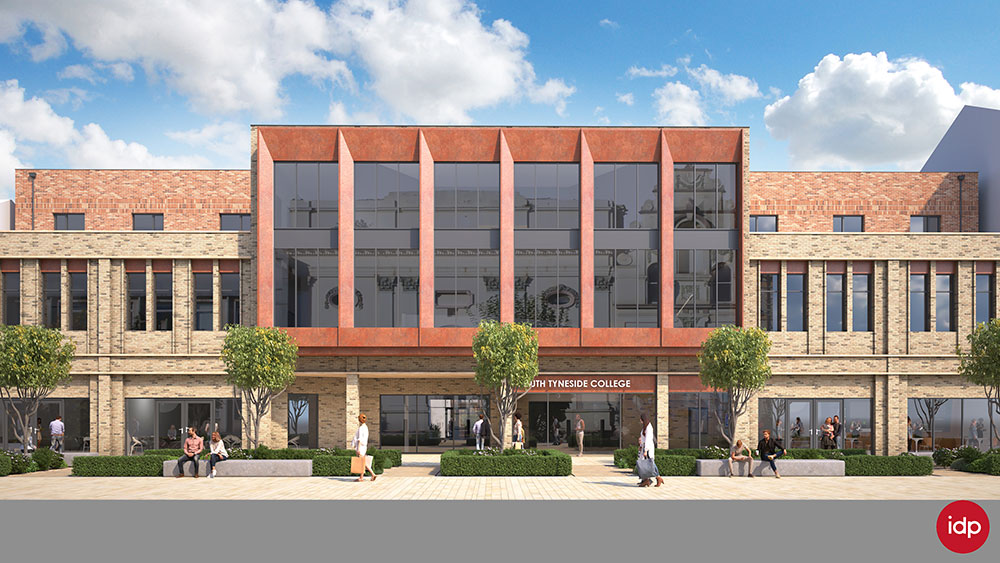
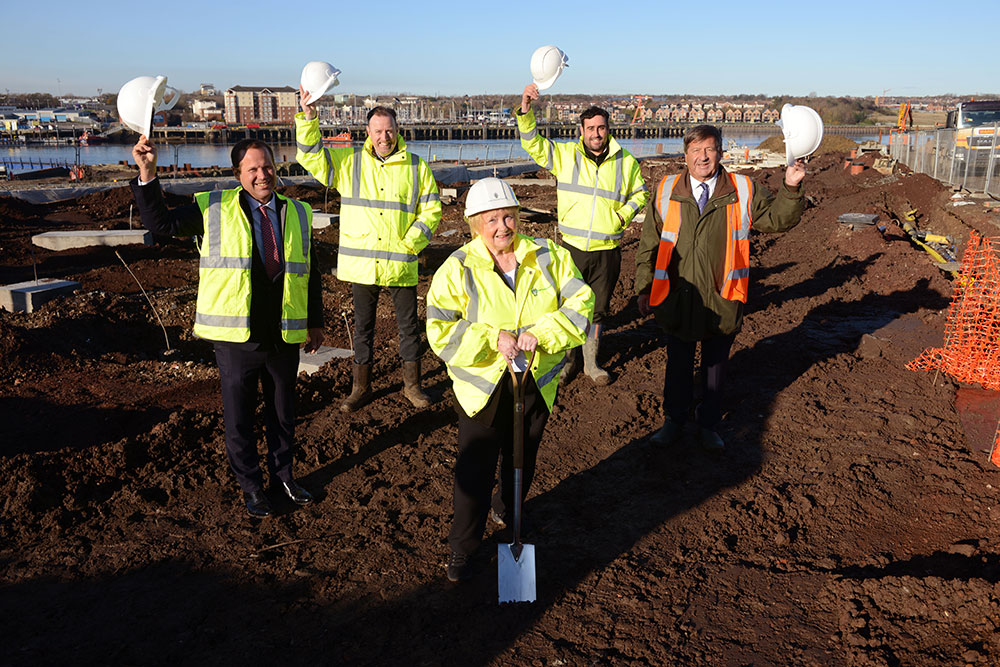
The Holborn riverside residential and office development is another key project that has progressed this year. The project, which secured £1.85million in Government Brownfield Land Release Funding and a further £9.4million from the North East Local Enterprise partnership, is delivering civil engineering works and supporting the construction of 300 new homes and 200,000 sq.ft of new Grade A office accommodationon the site of former industrial docks. As site improvement works continue, including a new quay wall and the restoration of three derelict docks, the multi-million ‘River’s Edge’ residential element, delivered by Keepmoat, is well underway. Phase one which includes the first 48 new homes and show home was opened in early 2023 and a further 251 houses and apartments, 30 of which will be made available for affordable rent, have now received planning permission.
South Shields riverside redevelopment efforts are among 55 projects nationally and just three projects in the region to have been awarded £20m this year as part of the third round of Levelling Up funding. The new investment will help accelerate plans for South Shields regeneration, including supporting the relocation of South Tyneside College into the town centre, as well as wider masterplan elements such as the redevelopment of the Custom's House and the cultural quarter, and the development of a net zero centre at Holborn Renewable Energy Network. Levelling Up Round 3 funding, announced in November and coming after South Tyneside had been identified in Spring of 2023 as one of 20 'Levelling Up Partnership' places nationally deserving of additional support from the Department of Levelling Up, Housing and Communities, was allocated based on 'high quality' and ambitious bids submitted in Round 1 and 2 that were not initially funded.
A range of other projects linked to South Tyneside’s economic opportunities have also been brought forward this year. This has included renewable energy schemes in Hebburn, Jarrow and South Shields (see ‘Part of Strong Communities’ for more information). It has also included progress on the new South Tyneside Care Academy, which offers a range of social care training courses, from entry level through to senior leadership and management qualifications and has been established to encourage and upskill residents into fulfilling careers in social care and helping to address the workforce challenges in this sector.
Priority 2: Equip young people with the skills, confidence, and aspiration to move into a career right for them
Children and young people across South Tyneside have access to good quality education and a range of opportunities to help them reach their potential and move into careers that are right for them. 96% of local primary schools, 75% of local secondary schools and 100% of local special schools are rated either 'good' or 'outstanding' by Ofsted. At GCSE, 60.3% of students sitting exams in 2022/23 achieved a grade 4 or above in both English and Maths in 2022/23, which was a lower proportion than in 2019/20, 2020/21 or 2021/22, where allowances were made and grading relaxed due to covid, but above the 56.8% who achieved these grades pre-pandemic. At A-Level, 85.3% of young people achieved 2 or more A-Levels this year, again, a lower proportion than those whose exams and grades were affected by the pandemic in 2020/21 and 2021/22, but a notable 6.9% increase on pre-pandemic rates, and higher than the North East rate.
The ‘Start Small Dream Big’ programme has been established to improve careers advice in local schools. Eight primary schools are identifying school careers champions and a new Career Leaders Network has been established and is supporting training for school governors to give them a greater understanding of local labour market and careers opportunities.
The South Tyneside Works School Engagement Programme has co-ordinated events and activities engaging 3,718 young people, teachers, parents, and carers to help with career planning. 628 young people and their parents took part in the 2023 ‘Your Next Steps’ event for Year 10 and 11 students held at Temple Park which brought them together with 25 organisations offering post-16 education, employment, and training options. 101 young people aged 14 to 25 and their parents and carers also took part in a ‘Preparation for Adulthood’ event for students with special educational needs and disabilities held at Jarrow Focus.
Several new initiatives have connected young people with local employers to help them explore careers in key local growth sectors. The Inspiring Future STEM Leaders programme saw the Council, with social enterprise STEMettes and Dogger Bank Wind Farm, work with young women and non-binary young people aged between 15 and 25 to raise awareness of careers and leadership opportunities available in Science, Technology, Engineering and Maths.
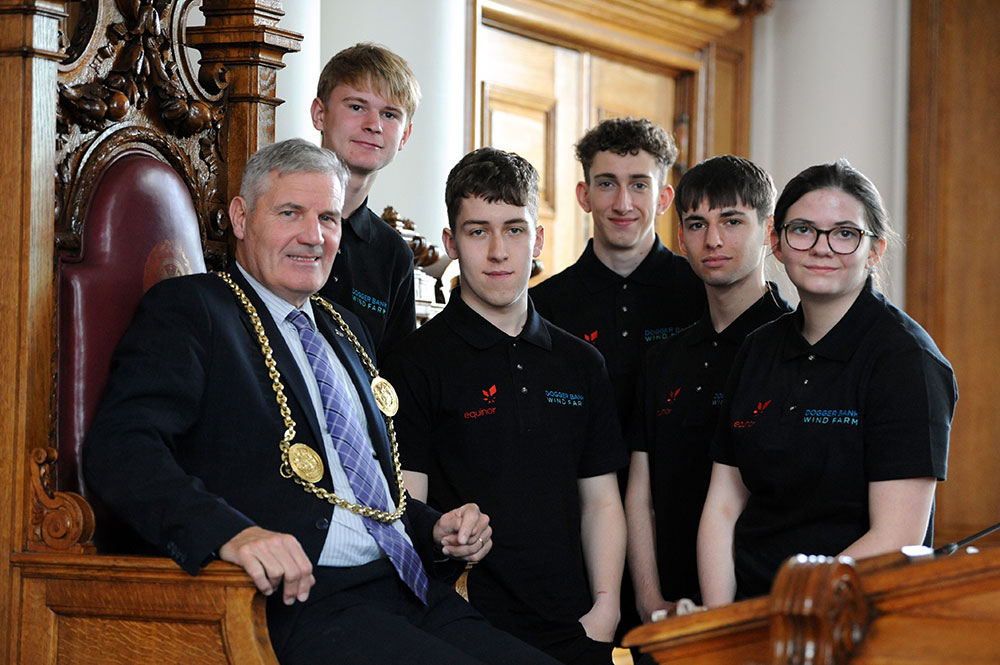

The ‘Invention Challenge’, part of the Council and Dogger Bank Wind Farm’s ‘Powering the Future: South Tyneside and Beyond’ programme, engaged 1,400 primary school pupils and their parents and carers with science, technology, engineering and maths by hosting workshops with Year 5 and Year 6 pupils to explore renewable energy challenges and potential technological solutions. The four most innovative ideas from the school workshops - including a ‘wing mirrors’ idea which used propellers on car wing mirrors to power car radios and sat navs - have been turned into prototypes by industry partners and displayed at a public exhibit at The Word in South Shields. A wider Invention Challenge has also been launched to the public to encourage more people to get involved.
South Tyneside Works continues to offer a wide range of support and training to young people, including a new Teaching Assistant careers offer which has been set up to give young people between the ages of 16 and 19 the skills and experience they need to succeed as teaching assistants and start a career in education.
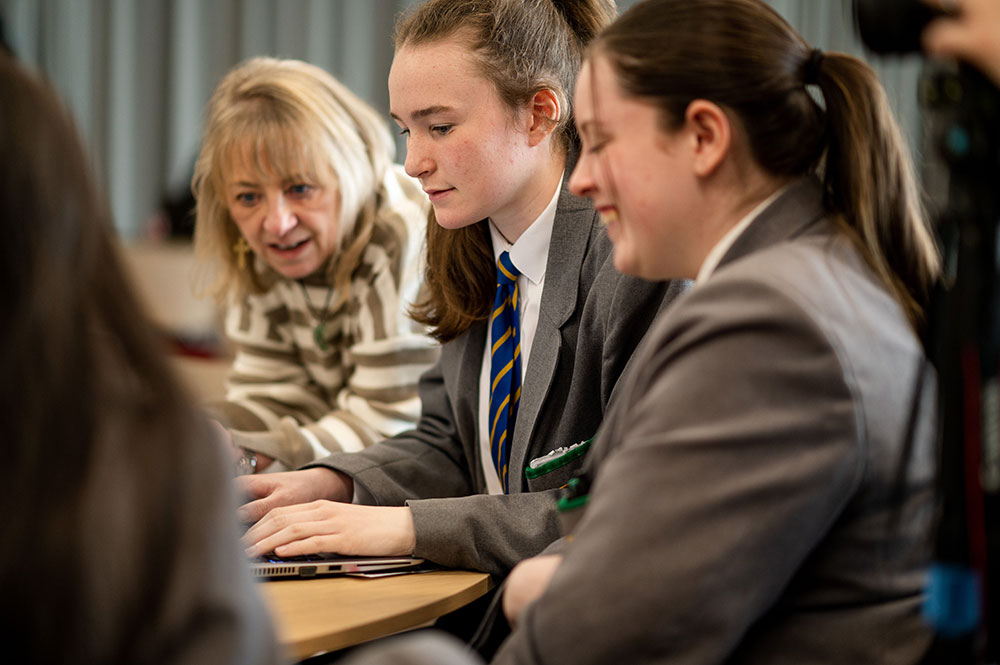
Priority 3: Work with partners to break down barriers to employment and progression
We continue to work closely with a range of businesses through the South Tyneside Pledge, which encourages employers to spend locally in South Tyneside but also to offer employment, apprenticeships and training experiences to local people, and to otherwise find practical ways of giving back to the South Tyneside community, including through volunteering and engaging with local schools. The network has grown again this year and there are 231 pledgees of different sizes and sectors signed up as of October 2023. A recent survey of pledgees found that the Pledge has contributed an additional £3million to the local economy, with 60% pledgees using more local suppliers, 40% winning more local contracts, 57% taking on local people, 61% putting in place climate change measures, 55% volunteering locally, 45% providing work experience, and 40% participating in school careers events and activities. The Pledge has attracted national attention this year, being highlighted as part of the ‘Innovation Zone’ at the Local Government Association Annual Conference and shortlisted for the national ‘Keep it Local’ award.
This year we hosted a summer jobs fair involving 30 local businesses and eight local training providers. The event gave people a chance to learn about the roles on offer across a range of industries and sectors, and access information about qualifications, re-training, self-employment, and confidence building.
Our South Tyneside Works team has been providing employment support out of community venues, such as the new Family Hubs and Welcoming Places, to work closely with individuals and families who are currently out of work. The team are delivering new training courses, including those to help people gain basic Maths and English qualifications, which are often a key requirement for most apprenticeships and jobs.
This year the team have also developed and delivered a new programme specifically targeted at helping residents over 50 back into work, including CV, application and interview support and work to build confidence. Of the ten people who took part in the first cohort of the programme, four successfully secured a new job by the end of the programme, with others supported into volunteering and further training opportunities.
Local young people engaged with the Youth Justice Service have also been supported to build links with employers and grow their confidence, resilience, and work readiness through ‘The Mentoring Project’, a scheme launched earlier this year. Young people were paired with business mentors from organisations including the Port of Tyne and Goldfish Estates, and over six weeks the mentors offered support, information, guidance and opened the young people up to the world of work, inspiring them to re-engage with education or take action to move forward positively with their lives.
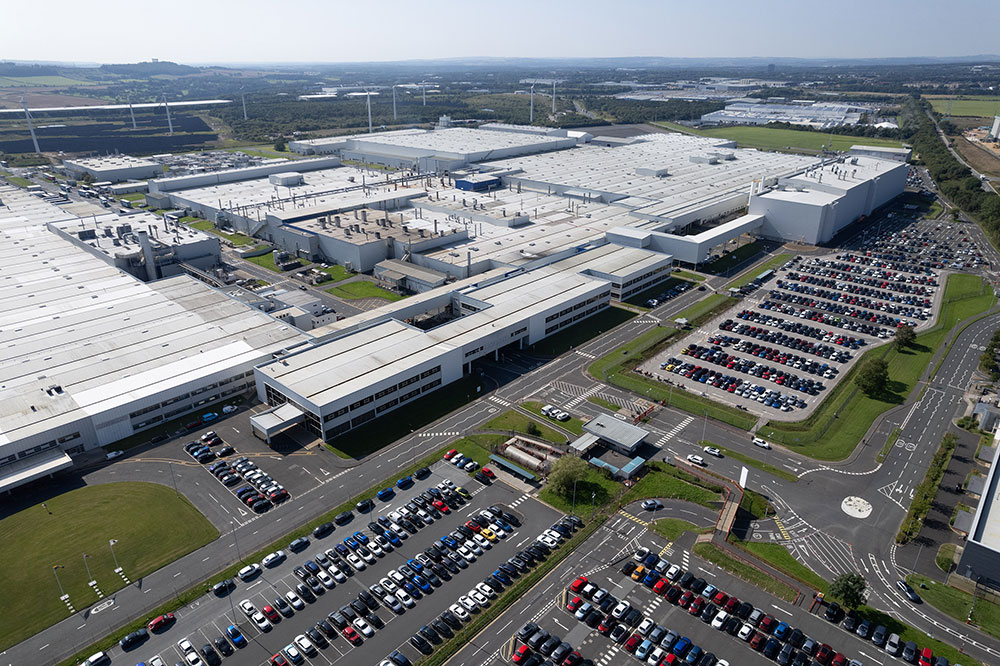
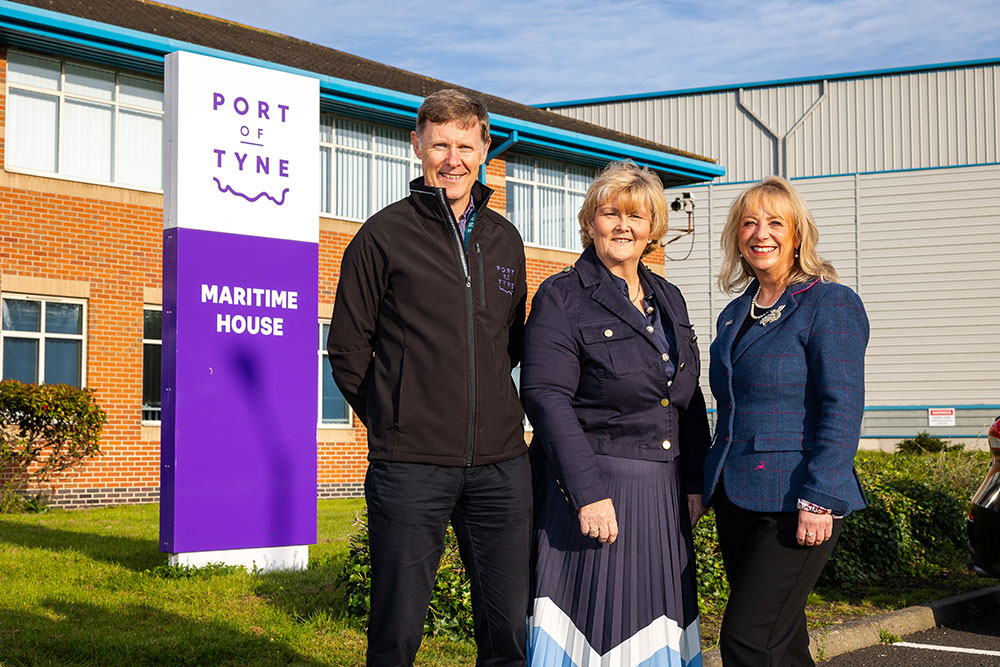
Priority 4: Open up opportunities for business growth and job creation
We have been working closely with the Port of Tyne to develop a new streamlined planning protocol designed to remove unnecessary and time-consuming barriers from the development planning approval process, enabling the Port to better capitalise on growth opportunities associated with the rapidly growing offshore wind sector. The new protocol, which applies to development taking place on land classed as Port ‘operational land’, will help existing businesses at the Port grow and will help attract new businesses to the area. This work comes alongside the Port successfully securing £4million from the North East Local Enterprise Partnership’s ‘Getting Building Fund’ to support major improvements to its base, including quay strengthening and creation of a new access road, which will help to support the creation of hundreds of new jobs at the Tyne Dock Enterprise Park, which sits at the centre of a growing clean energy cluster.
We continue to work with partners to proactively market South Tyneside and the River Tyne area to prospective investors nationally and internationally, including taking part in the Global Offshore Wind 2023 Conference, 2023 Offshore Europe Conference, and 2023 Offshore Wind North East Conference. Inward investment efforts have played a key role in drawing job-creating projects to the borough, including the new Dogger Bank Wind Farm operations and maintenance base which opened this year and created 400 jobs, and the new Van Oord storage and marshalling site that will be coming to the Tyne Clean Energy Park at Port of Tyne.
Support has also been provided to businesses looking to scale up ideas and small ventures. 200 local prospective entrepreneurs, including people who are currently out of work or living in areas with high deprivation, are being supported by a TEDCO-run project, funded by the UK Shared Prosperity Fund. The project will provide free advice and support, in relation to finance, legal, marketing, and other topics, to help people grow their ideas into real business opportunities. A project delivered by Project North East is making grants of up to £10,000 available to local social entrepreneurs looking to grow their social enterprises, including one-to-one support and coaching, group workshops and access to digital resources.
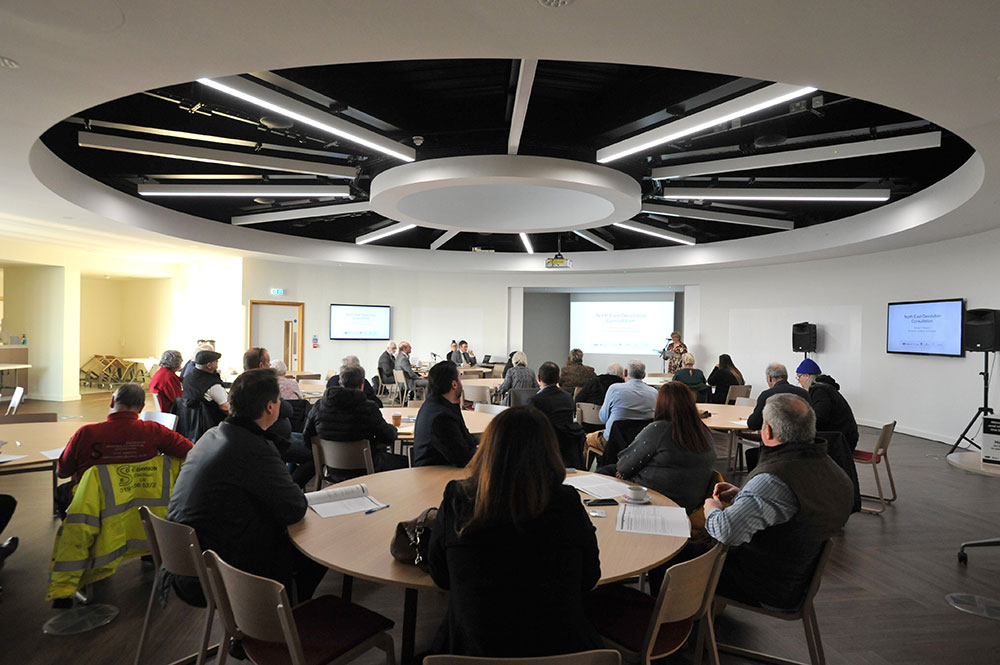
In addition to the support offered through the South Tyneside Pledge network, businesses of different sector and sizes have been encouraged to engage with the continuing Business Talk event series, with hundreds involved in learning sessions led by the Great North Run Company and Port of Tyne earlier this year. We have also provided a range of drop in events for local small and medium sized businesses to find out about local business support programmes, including our business and skills support offer and support from partners such as North East Fund, TEDCO, and the Department for Business and Trade. Invest South Tyneside sponsored and exhibited at a Microbusiness Unite event in June at the Custom’s House which attracted over 70 micro-businesses from across the region to network, hear from speakers and take part in workshops and panel discussions.
Following a comprehensive public consultation, we are working with regional authorities to move forward with an expanded Devolution Deal for the North East that will drive growth and unlock £4.2billion of additional investment for the region over the next 30 years. The deal will establish a new Mayoral Combined Authority spanning from Northumberland to Durham and will bring forward an investment fund of £48million a year to support inclusive growth, £60million a year for adult education and skills, a £900million package of investment to transform the transport system, and £69million of investment in housing and regeneration. It is expected that the deal and the additional powers and funding it brings will create 24,000 extra jobs, create 70,000 courses to give local people the skills to get good jobs, and leverage £5billion of private sector investment. The second half of the year has seen continued progress on formalising the deal with Government and between constituent authorities, ahead of anticipated Mayoral elections next year. South Tyneside Council will play a leading role in education and skills policy when the new Combined Authority is up and running so work has also been undertaken this year to scope out ideas and proposals that can be taken forward once funding and powers are available. Work is underway to commission a three-year Adult Skills Framework worth £70million in 2024/25, including a £25million Adult Education Budget, £10million to support free courses and qualifications that help people to improve their job prospects and wage outcomes, and £25million for Skills Bootcamps.
Priority 5: Deliver infrastructure and transport improvements that link people to services and opportunities
Improving local infrastructure is critical to enabling continuing growth and connecting people to opportunities.
As well as bringing forward strategic infrastructure improvements alongside wider regeneration and development, such as the dualling of the A1290 between the A19 and Downhill Lane junction within plans agreed for the next phase of the International Advanced Manufacturing Park, we have also taken action this year to maintain, protect and improve key transport infrastructure links across the borough. This has included investing up to £4m on repairs to our roads, footpaths and bridge infrastructure. Work has also concluded on a major highways project to realign 500 meters of the Coast Road between South Shields and Whitburn, protecting this key route from coastal erosion, and expanding its lifespan by a further 50 years. The Coast Road Realignment scheme was also shortlisted for the North East Chartered Institute of Highways and Transport (CIHT) Awards.
We have also worked with public transport partners to support further improvements to the network. This has included the Healthier Smarter Metros project with Nexus which has seen £3million worth of investment around four metro stations including Chichester, Tyne Dock, Simonside and Bede to create a safer, more secure environment for public transport users. As part of the overall scheme there has been work undertaken on seven active travel corridors, creating vital links between these metro stations and key residential and employment areas.
A new delivery model also came into effect in November for the winter gritting and gully cleaning services. This operating model will help keep our roads safe and over 24,000 gullies clean during the winter period.
Digital connectivity is vital for residents, businesses, and investors, with an estimated £20 in positive net economic impact for every £1 invested in digital connectivity. South Tyneside had 98% superfast broadband coverage, and 83.1% faster gigabit-capable broadband coverage at the start of 2023, which is beyond national superfast coverage of 96% and gigabit coverage of 70%. The borough is behind with regards to the even faster full fibre or ‘Fibre to the Premise’ broadband, at 11.4% local coverage compared to 42% nationally. However, there has been significant improvement on this in recent years, with full fibre coverage improving tenfold from 1.7% in 2021. Work has started on the roll out of full fibre connectivity across the borough, with CityFibre investing approximately £26million in laying the foundations for gigabit capable broadband across South Tyneside over the next three years. Works started in July, focusing around the Tyne Dock area, with over 1,600 homes now ‘ready for service’ and efforts taken to minimum disruption to residents by utilising existing overhead and in-ground infrastructure where possible. Virgin Media have also now completed their roll-out in Boldon and Whitburn, and we are working closely with Digital Durham on the potential for Project Gigabit to cover areas of the borough that are not currently commercially viable for gigabit rollout as part of a wider North East procurement exercise, with activity expected to begin on this next year.
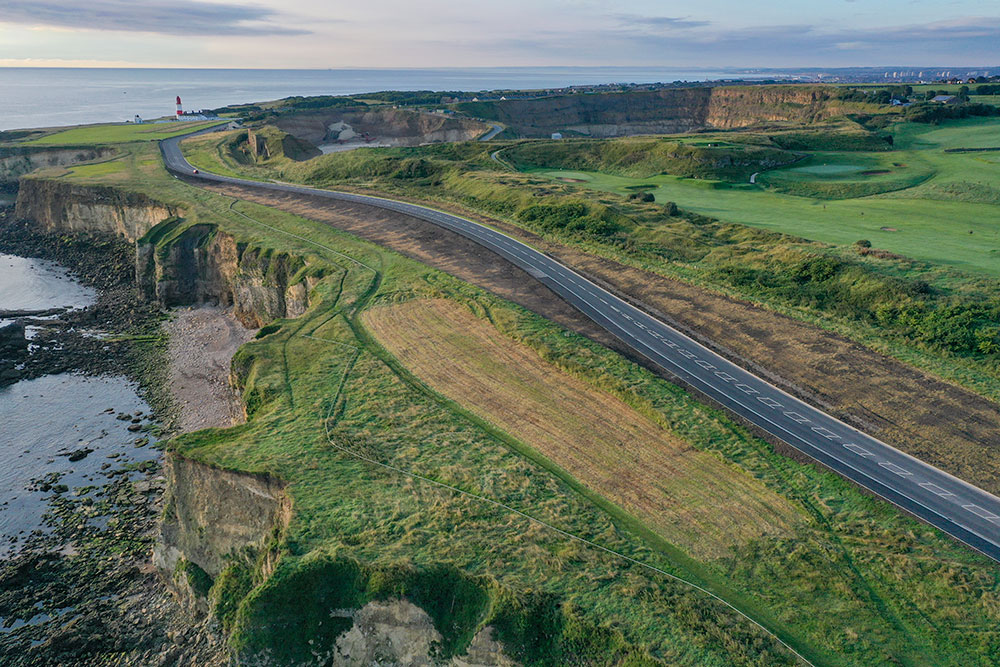
What’s Next?
- Deliver flagship multi-year regeneration projects, including the Northern Employment Area of the International Advanced Manufacturing Park, Holborn Riverside and the South Shields Cultural Quarter, as well as infrastructure projects such as roll-out of future-proof gigabit capable digital connectivity across the borough.
- Deliver the emerging South Shields Town Centre Master Plan, including making the most of opportunities associated with the College Relocation, and, following on from the success of the Our South Shields Conversations, create more opportunities to listen to residents and businesses of other areas to shape wider regeneration plans, including through the newly-launched Our Hebburn Conversation which will ask questions of local residents and businesses about what the future might look like for Hebburn Town Centre, Riverside Park and Hebburn surroundings.
- Identify and deliver projects as part of the £20m long-term funding package that has recently been announced for Jarrow as part of the ‘Long Term Plan for Towns’, following on from South Tyneside being named as a Levelling Up Partnership Area earlier in 2023.
- Continue to work in close partnership with schools and other partners to equip young people with skills and careers confidence, including through the new Careers Leaders Network, World of Work Programme and South Tyneside Works School Engagement Programme.
- Further grow the South Tyneside Pledge, engaging more local employers, supporting greater local and regional spend and recruitment, and expanding the breadth of commitments (including around good work, climate change, health, and social value).
- Continue to raise the profile of the borough, making sure we are clearly communicating our asks and are well positioned to benefit from new policy announcements and funding opportunities, including through the Levelling Up Partnership, as well as the Long-Term Plan for Towns and potential third round of Levelling Up funding.
- Make the most of the significant opportunities resulting from the new North East Mayoral Combined Authority.
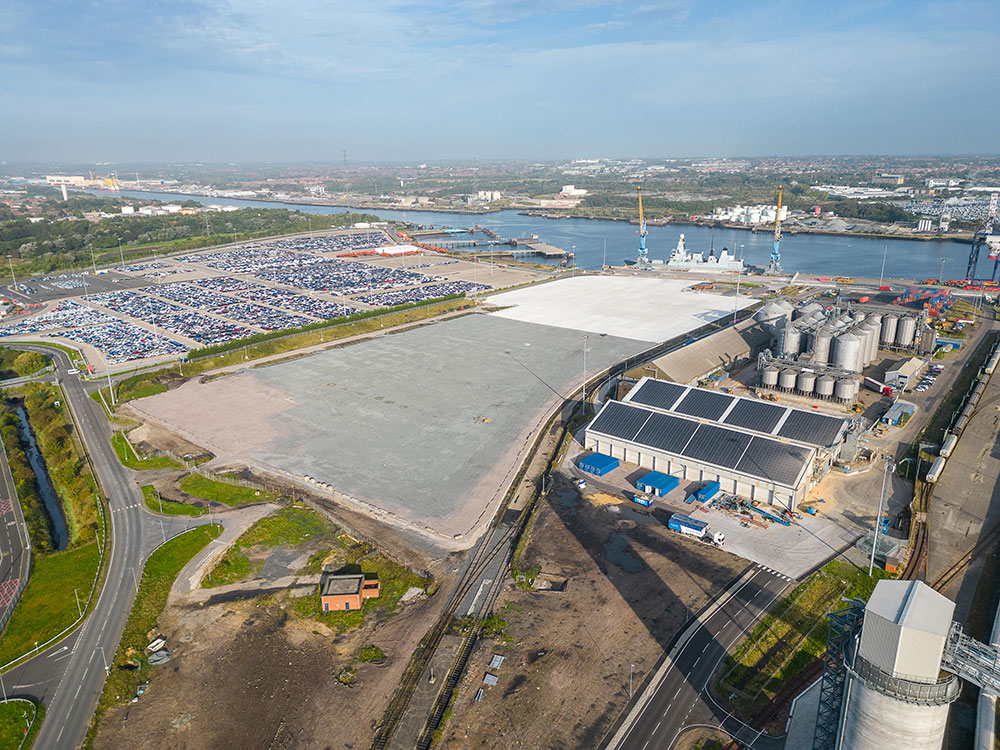
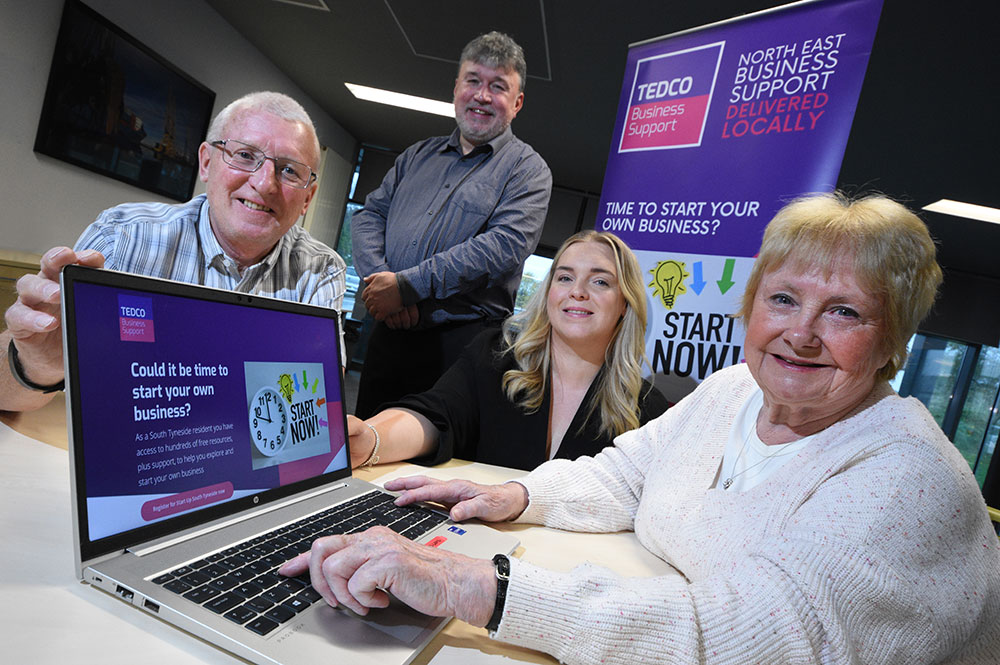
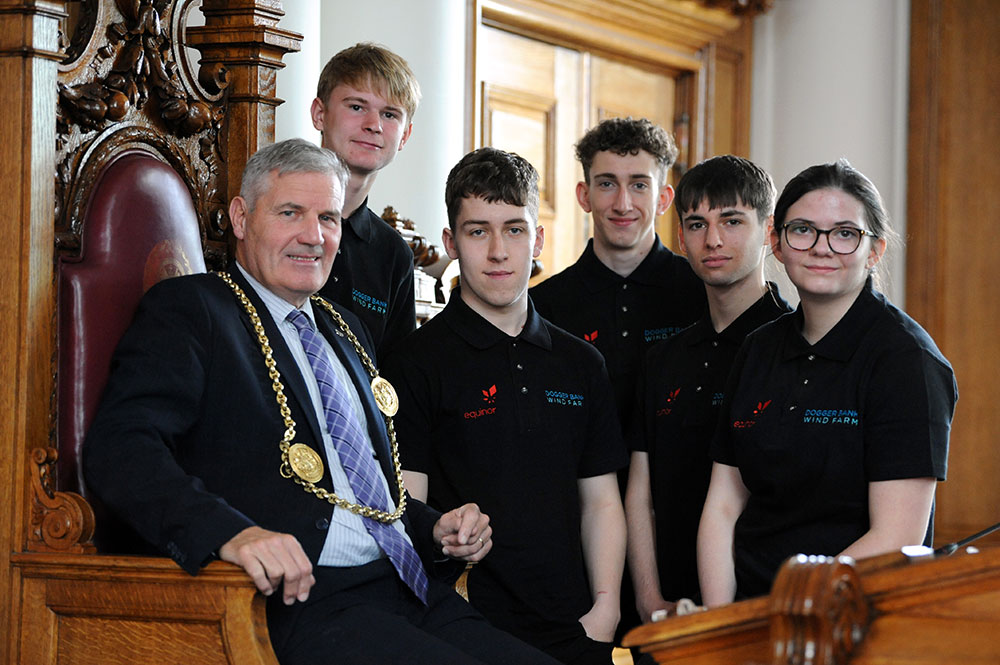
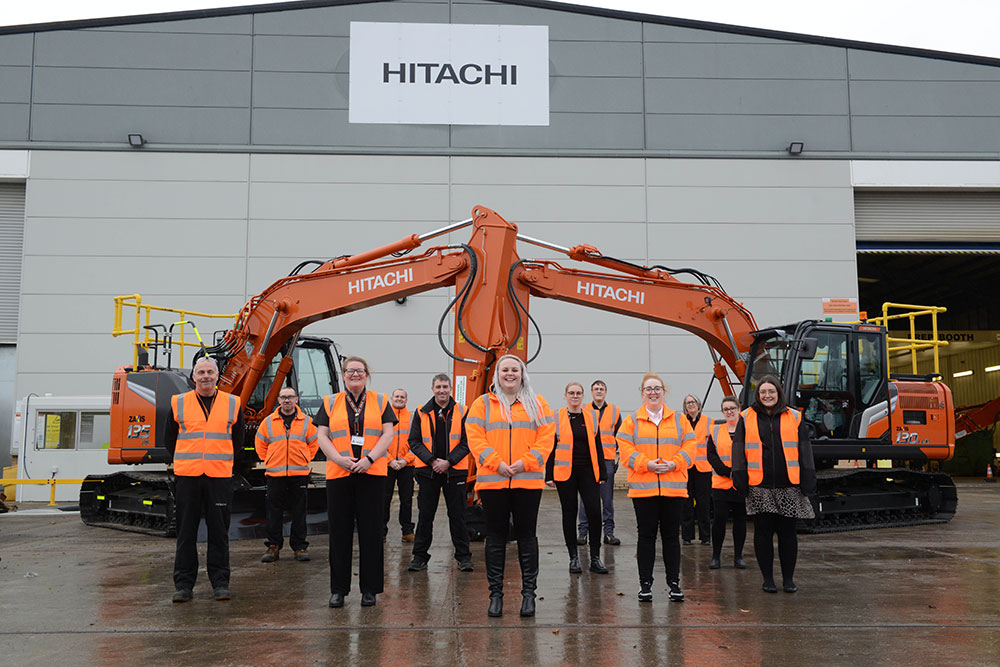

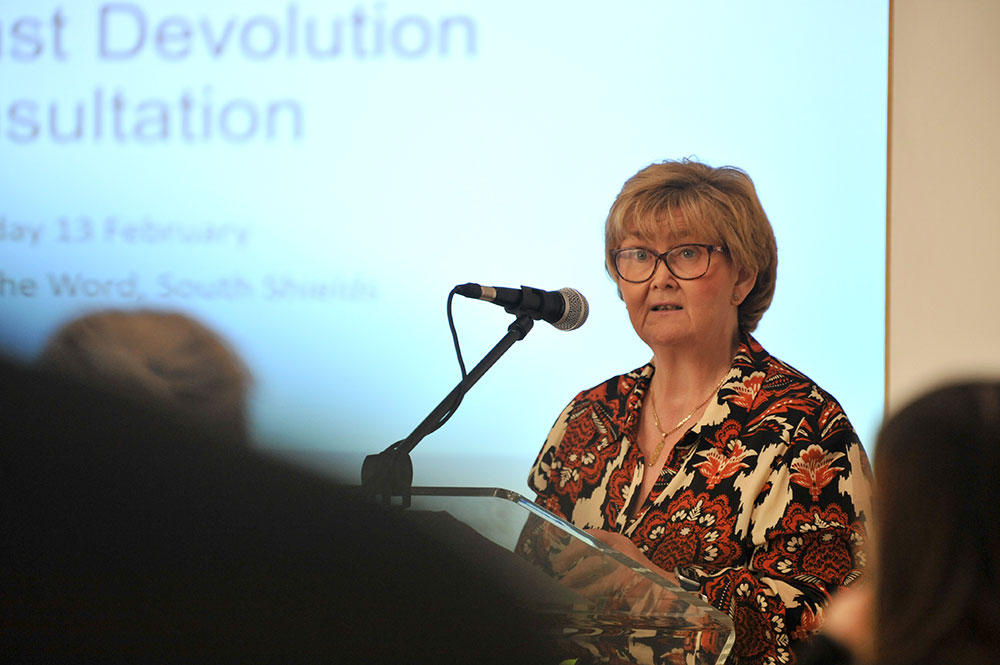
Part of Strong Communities
There are many treasured community assets in South Tyneside, including winning beaches, parks, libraries, community centres and cultural venues. Our latest Resident Survey (2022) shows that most of our residents (72%) express satisfaction with their local area as a place to live. In addition to a sense of belonging within their community, we know from this survey that the key factors that shape residents’ satisfaction with the area relate to clean public spaces, lower levels of anti-social behaviour and low crime.
The Resident Survey reported that 88% of residents feel safe during the day, however, after dark this figure reduces to just less than half . The relatively high levels of deprivation across South Tyneside can compound the challenges faced with anti-social behaviour and social isolation. Crime overall has increased a little in South Tyneside over the past twelve months with rises in theft and criminal damage. Anti-Social Behaviour is down very slightly but the rate is still the second highest in the Northumbria Force Area. South Tyneside’s rates of domestic violence are also the highest within Northumbria Police Force Area. However, the latest Northumbria Police user survey indicates that South Tyneside’s resident perceptions of crime are lower than the wider region, as 97% of those surveyed in the borough said they felt safe locally, above the Northumbria Police average.
Whilst we have made progress on our environmental aims over recent years, including planting over 4,000 trees in the last year and achieving a 30% reduction in carbon emissions in Council operations since 2019, we know that there is still work to do, including bringing our communities with us on this journey. Many residents who were surveyed said they lack some knowledge around the sustainability agenda which has prevented them from reducing their individual carbon footprints. However, there has been improvements in some of our key environmental performance measures over the last year, such as a 9% reduction in overall household waste produced and a 5% reduction in non-recyclable household waste, which has brought South Tyneside back into line with the North East.
We know our residents take great pride in the area’s clean and safe neighbourhoods, town centres, green spaces, and beaches, and take comfort in the borough’s close communities, so we work hard to deliver services and nurture opportunities that help sustain a high quality of place and sense of belonging for all.
2023 headlines:
6 local parks have secured the prestigious Green Flag awards this year
11 play parks installed with new equipment for children with additional needs
5710 tonnes of carbon have been removed from the Council’s operations since 2019
319 tonnes of carbon are being saved each year due to the Hebburn Renewable Energy Scheme
£6.9m is being invested into marine habitat projects around the region as part of the Stronger Shores project which is led by South Tyneside
£65,000 has been invested into a new state-of-the-art CCTV control room which is helping improve local responses to crime and anti-social behaviour
2 Jarrow Primary Schools are trialling ‘School Streets’ with traffic limitations and work to promote more people to walk or cycle to school
775 children joined the 2023 Summer Reading Challenge at libraries during the summer holidays
250,000+ books were issued by the library service over the last 12 months, with 58,886 recorded public computer uses
18,000+ people attended the Summer Parade
16,000 attended the Summer Concert headlined by The Vamps
14,618 people visited the ‘Visit South Tyneside’ website over the last 12 months
3,000+ people visited Viking Shopping Centre in Jarrow to view the John Constable ‘The Cornfield’ oil painting when it was displayed there in July as part of a National Gallery tour
100+ local NHS, care services and key workers attended a ceremony conferring the Freedom of the Borough to this group for their bravery and sacrifice during the Covid pandemic
Priority 1: Support green and sustainable choices and behaviours and connection to the natural environment
In line with the Climate Emergency declared in 2019, and public commitments made over recent years including the ‘Motion for the Ocean’ in 2022, signing up to the UK100 pledge, and joining the Net Zero North East England Partnership, we have continued to take action to protect the environment, as set out in the Sustainable South Tyneside Strategy 2020-2025.
This year we have surpassed our target of reducing carbon emissions by at least 25% of 2019 baseline emissions within five years, witha reduction of 5,710 tonnes from operations already achieved – a nearly 30% reduction. This has been delivered through a wide range of co-ordinated efforts, including work toreplace old inefficient streetlights with LEDs, public sector decarbonisation works such as building improvements and the installation of solar panels and heat pumps, expansion of our fleet of electric vehicles , installation of 59 electric vehicle charging units across the borough, as well as tree planting and coastal improvement projects.
Our three renewable energy projects have also played a major role in reducing carbon emissions. The Viking Energy Network Jarrow scheme, which extracts low grade heat from the River Tyne at Jarrow Staithes and distributes it at a district energy network across Jarrow, providing heat and power for public sector buildings, went live this year, with a partial switch-on in March and completion of final works in October. The project, which secured £4.6million in European Regional Development Funding due to its cutting-edge solutions, is expected to save at least 726 tonnes of carbon a year.
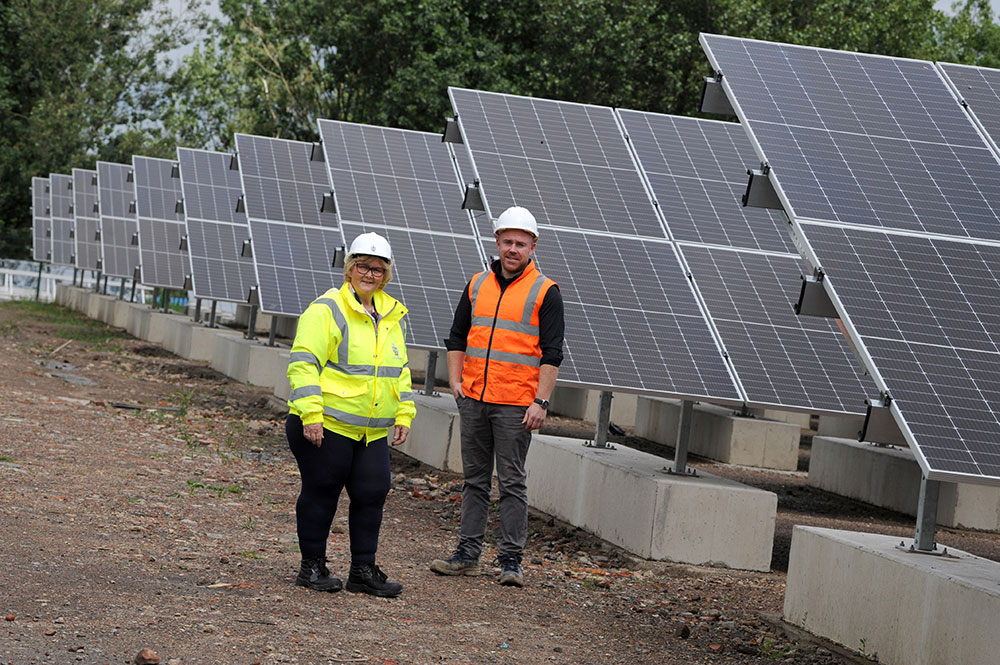
The Hebburn Renewable Energy scheme, which uses air source heat pumps to feed into an energy centre and provide low carbon heat to Hebburn residents and Council buildings, is also now live, following the installation of a pipe network over Spring and completion of works at the new Energy Centre in Autumn. The Hebburn scheme, which also secured £3.85million from the European Regional Development Fund and was initially designed to be one of the first mine-water geothermal schemes in the UK but which later had to be adapted due to unforeseen difficulties around borehole drilling, will supply heat to three public sector buildings across Hebburn and is expected to save 319 tonnes of carbon a year.
A third renewable energy scheme, the Holborn Energy Scheme, is currently in development, using design elements from both the Hebburn and Viking schemes, extracting heat from mines and the River Tyne. £4.5million has already been secured from the Public Sector Decarbonisation Scheme for the drilling of boreholes at this site and the Council is working with the Heat Delivery Network to secure additional funding sources. It is estimated that the project will deliver carbon savings of 2,400 tonnes per year.
We have also continued our tree planting campaigns. We have planted 4,201 trees on land owned or maintained by us over the last 12 month recording period (270 replacements and 3,931 new trees). An estimated 3,016 tonnes of carbon is being drawn in by South Tyneside’s trees on an annual basis, with existing trees storing a total estimated 75,747 tonnes of carbon. The North East Community Forest is developing a framework for funded tree planting, with the six local authorities involved in the partnership, including South Tyneside, aiming to plant up to 500 hectares of trees over 2021-2025. The average canopy coverage across South Tyneside is currently at 16%, exceeding UK standards for coastal towns (15%) and the North East Community Forest aims to bring the regional average up to 30% by 2050.
Other projects benefiting the natural environment include the Tyne Estuary Project, which is creating additional mudflats and saltmarshes along the bank of the Tyne, including supporting saltmarsh plants, and promoting biodiversity at Prince Consort Road and Hebburn riverside.
We have also this year agreed a new Animal Protection Charter which builds on existing positive work and makes commitments around upholding standards around animal welfare and working with communities to promote wildlife protection and responsible pet ownership. The Charter, co-developed with interested residents, is the first of its kind in the region and is being used as a model for other local authorities around the country.
Other ongoing work against the Sustainable South Tyneside Strategy includes engagement this year with school catering staff to increase awareness of food sustainability. £5,000 was raised from Sustain’s ‘Food for the Planet’ grants to provide low-carbon cooking training to staff and alongside this, bespoke food waste reduction training was funded for schools, library, and leisure caterers in Spring 2023.
In addition to taking practical action to address carbon emissions in its operations, support local biodiversity and raise awareness and understanding of how a range of roles and services can contribute to sustainability goals, we have continued to play a leadership role around wider sustainability and environmental protection issues over the last year. We have continued to lead on the £6.9million multi-year regional Stronger Shores project which is improving understanding of how marine habitats can support with the management of coastal erosion, flood risks, climate change and biodiversity. The programme encompasses a range of projects across the North East coast, and local activities have this year included the Wild Oyster Project creating its first oyster reef off Whitburn.
South Tyneside is also a founding partner of the Tyne to Tees, Shores and Seas Partnership scheme (SeaScapes), a £5million regional project that is helping communities to connect with the ocean and creating opportunities for learning, access and enjoyment.
We have also continued to play an important sustainability leadership role nationally through the Local Government Association Coastal Special Interest Group (SIG). This year, among other activity aimed at influencing policy-makers, the Coastal SIG has co-produced a ‘Communities on the Edge’ report that has been examined by the All-Party Parliamentary Group on Coastal Communities, contributed to an evidence session held by the House of Lords Liaison Committee as a follow up to the Regeneration of Seaside Towns and Communities Committee’s 2019 report, and drawn national attention to issues of coastal landfill and water quality.
Priority 2: Enhance satisfaction in the local area by supporting clean and safe neighbourhoods and public spaces
Alongside delivering against our ambitious sustainability plans, we have also continued to make improvements to ensure that residents feel safe and live in clean, attractive neighbourhoods.
We have invested £650,000 into a new state-of-the-art CCTV control room with wall-to-wall monitors and a mapping tool to support staff to view over 300 cameras across the borough and manage incidents more quickly and effectively. Cameras at various locations across the borough, particularly hotspots with higher levels of crime and anti-social behaviour, have been upgraded from analogue to high resolution digital devices, meaning better image quality and enhanced night-time vision that will help monitor and manage incidents in real time and provide valuable information to emergency services.
We continue to work closely with multi-agency partners to tackle crime and anti-social behaviour. The Community Safety Partnership is targeting resources at anti-social behaviour hotspot areas as part of the local and regional response to the government anti-social behaviour action plan. The Partnership secured £40,000 this year through the Office of the Police and Crime Commissioner to support the new Community Responders service, which has helped to improve off-road motorbike nuisance. The Place Committee’s graffiti commission is also helping to support action on anti-social behaviour which brings down communities.
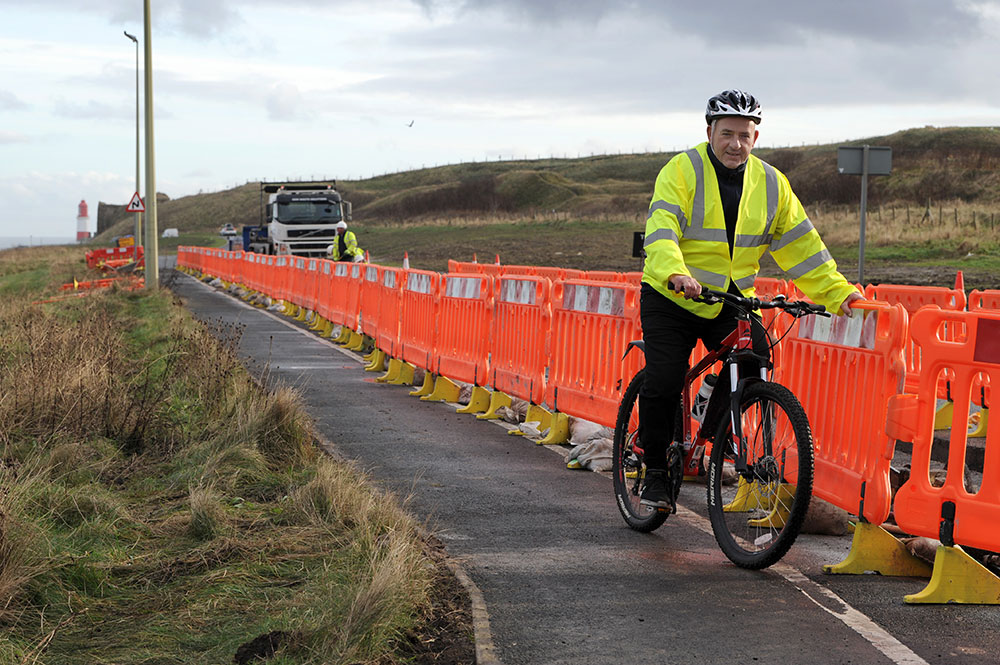
The Turnaround Programme has seen youth offending teams work with young people on the cusp of the criminal justice system. £60,000 was successfully secured from the National Citizen Service this year to provide opportunities for teenagers to engage in local activities, ranging from physical and creative activities to life skills such as budgeting and cooking courses. South Tyneside was one of around 100 organisations to receive funding nationally, out of over 400 applications.
As well as working with people to reduce anti-social behaviour, we have established a dedicated community engagement team, to work closely with residents and businesses to tackle a range of issues, including recycling and fly-tipping, and being more energy efficient.
We have also this year taken action to reduce waste contamination and modernise waste services, which serve more than 70,000 households a week. A range of new domestic waste and recycling policies were agreed in summer, bringing in new, larger bins for larger families and offering free ‘used’ replacements for lost or stolen bins, and planned digital in-cab technology in waste vehicles to make the service more responsive. We have also invested £60,000 for a feasibility study at Tyne Dock to consider options for alleviating flooding hotspots.
Several services such as street cleaning, town and foreshore cleaning and fly tipping and graffiti response, have been transferred from South Tyneside Homes back to the Council, to better align with existing greenspace services and provide more co-ordinated area management services. Sandhaven Beach won the 2023 Seaside Award, supported by a lot of intense work to keep the beaches clean during the extended summer season. Teams have also helped maintain clean town centres. The new local-business-sponsored ‘Feed the Fish’ sculpture has led to more recycling at the Foreshore and a £25,0000 chewing gum removal programme has helped to clean up Hebburn and South Shields Town Centres.
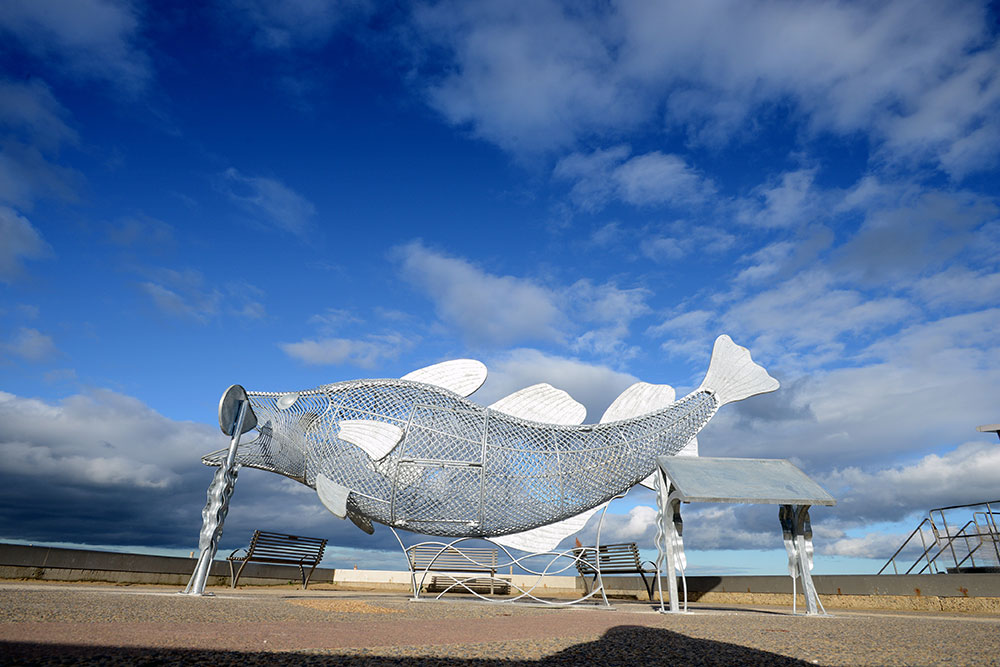
Sandhaven Beach won the 2023 Seaside Award, supported by a lot of intense work to keep the beaches clean during the extended summer season. Teams have also helped maintain clean town centres. The new local-business-sponsored ‘Feed the Fish’ sculpture has led to more recycling at the Foreshore and a £25,0000 chewing gum removal programme has helped to clean up Hebburn and South Shields Town Centres.
Our Greenspace team has continued to work with ‘Friends of’ Groups to help communities look after and get the most out of their local parks, cemeteries, and green spaces. Six local parks have secured the prestigious Green Flag awards this year – Monkton Dene Park, North Marine Park, Readhead Park, West Park in Jarrow, West Park in South Shields, and South Marine Park. New chess tables in parks and open spaces have been funded by £5,000 from the Levelling Up Parks fund.
A range of changes have also been made to improve road safety, traffic, and air quality in neighbourhoods. The six-month ‘School Streets’ trial at two Jarrow Primary schools is preventing vehicles from using roads outside the schools on school dates at peak times, to create a healthier, safer environment for children and families. We have also this year secured air quality grant funding to install air quality sensor equipment across the borough to inform future improvements.
11 play parks across the borough have been upgraded to include new equipment for children with a range of disabilities and sensory impairments. We listened closely to the views of local disability and community groups through a series of consultations, and the new equipment includes level roundabouts, swing sways and rock and rumbles. Children from our special schools also helped to design the signage for the parks, which encourages people to respect and look after the new equipment.
When it comes to housing, we have begun work this year to review and revise our Integrated Housing Strategy, ensuring that it is aligned with latest legislation and regulatory guidance. The existing strategy has been successful in focusing work on older persons housing, private rented sector, and tacking homelessness, but as the landscape has changed, how we respond as a local authority also needs to change.
Ensuring we have the right accommodation in the right locations to meet residents housing needs remains a key priority for us as a Council.
As well as bringing forward specialist accommodation for those who need it, including Extra Care accommodation, Integrated Living Schemes and level access housing (see ‘Healthy and Well’ for more information), and providing support for those experiencing or at risk of homelessness (see ‘Financially Secure’ for more information), we are working on nurturing development and encouraging a range of affordable homes options, including by working with housing developers on first home policies and discounted home ownership policies.
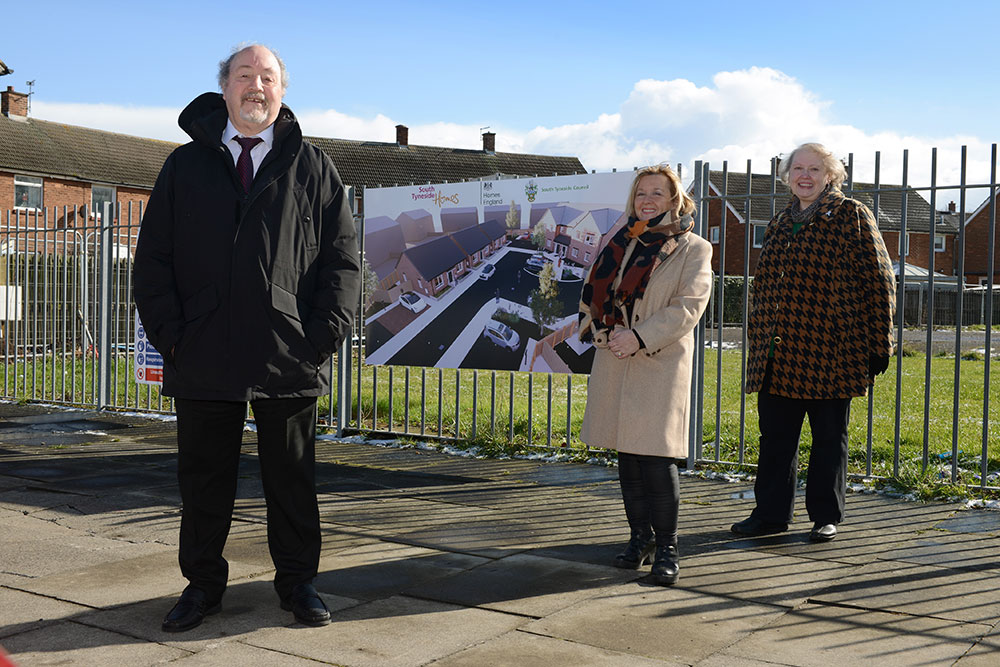
We also have a plan to bring forward new, high quality, energy-efficient council-owned homes over the next 2 years across the borough, including ten new Council properties at Hindmarch Drive, Boldon, a mix of two-bedroom apartments and bungalows, all fitted with energy efficiency measures including air source heat pumps and solar panels, which will be available for families to move into in 2024.
More widely, work is also ongoing on the development of a comprehensive Local Plan which will ensure that future development is managed in line with the borough’s social, economic, and environmental needs. After reflecting on the 1800+ representations from members of the public received over the 2022 ‘Regulation 18’ draft Local Plan consultation in Summer 2022, the Planning and Development Team are working towards preparing a final ‘Regulation 19’ draft that will go out for consultation in 2024.
In preparation for the new social housing regulation and inspection regime, which comes into force April 2024 following the Social Housing (Regulation) Act, we have also begun to effectively prepare, review how we deliver council housing services and collect feedback from tenants. This exercise will result in an action plan to address the additional duties now placed on Local Authority landlords whilst responding to tenants’ needs and priorities.
South Tyneside Homes (STHs) manages around 16,000 homes on behalf of South Tyneside Council. During 2022/23, £17million was invested in these homes to ensure they are well maintained, meet the Decent Homes standard, and keep customers safe.
Some key headlines from the last year (2022/23) include:
- Regular engagement with tenants is at the heart of housing management in South Tyneside. Over the last year, 990 tenants gave their views to help improve services, through a mix of surveys, social media groups and engagement in neighbourhoods. Customers formally hold STHs to account through performance challenge sessions with senior managers.
- STHs Customer Service department handled 207,000 calls, 15,500 email enquiries and 9,500 live chats. These interactions resulted in 89% customer satisfaction and 72% of calls were resolved at first point of contact. A new customer portal was launched this year for customers to check their rent balance and statement online, update personal information and link to payments.
- The team have helped prevent 364 families and individuals from becoming homeless. STHs manages 25 Homeless Units in the borough to provide temporary accommodation for those in need.
- 73,474 repairs were carried out across the year. 700 properties were fitted with new windows, 426 with heating installations, 294 new kitchens and 131 bathrooms.
- £1.7million was invested through the Green Homes programme to install cavity wall and loft insultation, triple glazed windows and solar panels in 246 homes. This improved the energy rating of these homes is helping to keep customers warmer, saving them money and also saving 171.8 tonnes of CO2.
- Tenant safety is a key priority. STHs are 100% compliant on building and safety checks. 6,155 emergency heating repairs were completed within a four-hour timescale; 100% of properties have a gas safety certificate; over 15,000 carbon monoxide alarms installed; 4,500 electrical safety inspections carried out; every customer living in a communal building has been visited to develop their own safety and evacuation procedure – that’s 1,035 visits during the year; and daily checks and wellbeing calls are delivered 365 days of the year.

Priority 3: Create opportunities for residents to connect and participate in their local communities
The multi-award-winning #LoveSouthTyneside approach supports and celebrates community action and civic pride. There were 270 nominations from the public to the 2023 #LoveSouthTyneside Awards and ten impressive and much-loved local individuals and organisations, ranging from sports coaches to food banks to community litter pickers to advocacy groups supporting local families, were honoured with Awards at a ceremony in the summer.
We continue to work closely with partners on a range of activities to promote volunteering and nurture the local voluntary and community sector. This has included the development a Third Sector Strategy, which will be launched in 2024, as well as the development of a Volunteer Skills Training Programme which equips local volunteers with training in topics such as safeguarding and fire safety. We have also developed a new Employee Volunteer Policy to provide support, such as flexible working and paid leave, to employees who volunteer in South Tyneside.
After a challenging multi-year bid preparation process, we have secured prestigious Arts Council England ‘National Portfolio Status’ for our library services. We are one of just 18 library services across the country to be selected for this three-year status, which will bring new opportunities to access strategic arts and cultural funding and support. It also means that we are well-placed to shape future Government plans for libraries including the planned National Library Strategy, with Arts and Culture minister Lord Parkinson having toured The Word in September 2023. We know that our library facilities such as The Word, Jarrow Focus and Hebburn Central are treasured by our communities, and are a central hub for learning, creativity, and socialising. We have issued over 250,000 books and supported nearly 60,000 people to access public computers over the last 12 months.
Beyond the libraries offer, our wider events programme, including ‘This is South Tyneside’ summer festival and the ‘Christmas Wonderland’ winter programme of events, continues to be very popular with both residents and visitors.
Crowds of over 18,000 turned out despite the wind and rain for the much-loved Summer Parade in June, which showcased the talents and passions of over 1,500 people from a diverse range of community groups representing all ages, interests, and backgrounds from across South Tyneside. The wider weekend programme attracted a further 5,000 people who enjoyed the activities and entertainment of the Sandhaven Promenade, and 2,000 spectators attended the Proms in the Park.
The beloved free annual summer concert series was also unfortunately impacted by heavy rain and high winds that led to the Jason Donovan concert being rescheduled to a future year, and put a dampener on the Bjorn Again concert, even though crowds of 5,000 still made the most of the entertainment. Fortunately, conditions were better for the 16,000 spectators who came out to enjoy The Vamps in early July, and the 12,000 who enjoyed the Boyzlife concert at the end of the month.
This year we worked with the National Gallery to host the world-famous John Constable oil painting ‘The Cornfield’ in the Viking Shopping Centre during summer as part of its national tour, supporting 3,000 local people to get up close with this renowned artwork.
Other events we deliver and support include Armed Forces Day and Remembrance Sunday parades, sports and music events, the marking of key diversity and inclusion celebrations and events such as Learning Disability Week, and town, village and neighbourhood-level festivities includingJarrow Festival and Whitburn Summer Festival.
Our events and cultural programme helps to attract approximately 7million visitors to the borough each year. Although visitor numbers have not quite reached the pre-pandemic peak of 7.1 million visitors, over the last few years there has been a progressive recovery, from 2.6 million in 2020, 4.2 million in 2021 and to 6.3 million in 2022. The visitor economy is very important to South Tyneside; it brought an estimated £364.7million to the borough in 2022, and indirectly supported around 1,750 local jobs.
Earlier this year, we led several activities to support remembrance of the Covid-19 pandemic period. This included work with communities to design and install six memorials in neighbourhoods across the borough, to provide a focus for remembrance of the personal losses, sacrifices and courage during this period. It also involved a special ceremony to confer South Tyneside’s highest honour, the Freedom of the Borough, upon National Health Service, care sector and other key workers who played an important role supporting residents through the worst of the pandemic.
What’s Next?
- Continue to deliver the next phase of the Sustainable South Tyneside Strategy, working towards the next interim carbon emissions goal of a 50% total reduction by March 2025, while also developing work to support the Council’s Ecological Emergency and promoting biodiversity and protection of the natural environment, including with the introduction of a new Tree and Woodland Policy.
- Continue to provide regional and national leadership around sustainability, including throughongoing leadership of the Stronger Shores regional project and steering of the Local Government Association Coastal Special Interest Group.
- Conduct feasibility studies to extend the Viking Energy Network Jarrow and Hebburn Renewable Energy projects.
- Develop a new Integrated Housing Strategy, and closely linked to this, work to ensure more development of additional affordable homes while also preparing for inspection and the new social housing regulation scheme.
- Refresh the Community Safety Partnership Plan, including incorporating the serious violence duty.
- Continue to deliver cultural and events programmes that nurture local strengths and serve to connect and inspire communities, in line with the Making Waves Cultural Strategy.
- Bring forward a Voluntary, Community and Social Enterprise Strategy, co-produced with local organisations, that will facilitate collaboration, maximise volunteering and funding opportunities, and otherwise support a thriving, sustainable, inclusive local voluntary and community sector.




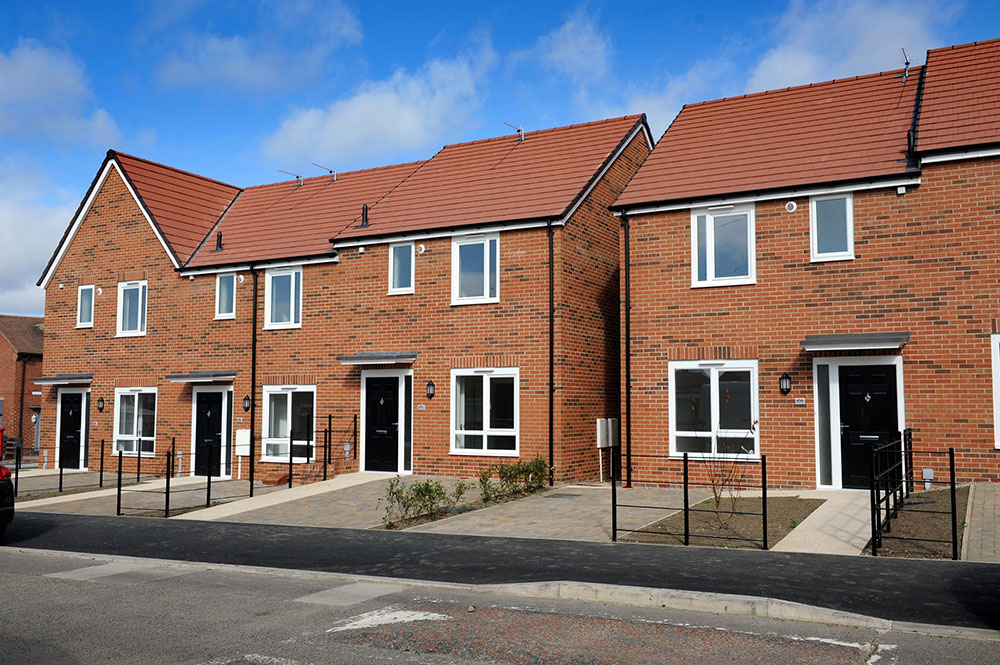

Targeting Support to Make Things Fairer
The evidence tells us there are deep-rooted health, social and economic inequalities within our borough. The inequality gap between our least and most affluent communities is sadly also mirrored in outcomes such as life expectancy, health, employment, and education. This must change and as set out in this report, we continue to deliver a range of initiatives which seek to target support and address inequalities in our communities. We must persist with our efforts and go much further.
Councils have a duty under the Equality Act 2010 to consider the impact of their decisions on people with ‘protected characteristics’, of which there are nine: age, disability, gender reassignment and identity, marriage and civil partnership, pregnancy and maternity, race, religion or belief, sex, and sexual orientation. There is also a duty on public bodies to address inequalities that result from socio-economic disadvantage. People can possess more than one characteristic, and the cumulative impacts of this means that people’s experiences can be very different. For example, a person with a disability living in a deprived area of the borough may have very different experiences to a person with a disability living in a more affluent part of the Borough, and an elderly white man is likely to have very different experiences to an elderly Asian woman. This means that to really tackle inequalities, we need to deliver support in a targeted way to the people and places that need it most, in ways that will work for them.
This year we have worked closely with communities, partners, and the voluntary sector to listen more and co-design solutions that seek to help address inequalities. This has included:
- Consulting with community groups and families with children with a disability about new inclusive equipment in playparks.
- Supporting more diverse groups to take part in community events like the Summer Parade.
- Collaborating with ‘Show Racism the Red Card’ and the local ‘Your Voice Counts’ disability advocacy group in hosting a Hate Crime Conference to raise awareness of hate crime.
- South Tyneside Works providing employment support to out-of-work over 50s and working with schools and businesses to get more young women and non-binary young people to think about careers and leadership opportunities in science, maths, engineering, and technology.
- Work to support the LGBTQIA+ community to co-ordinate their efforts and host local events.
- Fostering links between different groups by hosting two Intergenerational Debates in Spring and Autumn, hosting a range of community events for Learning Disability Week, and celebrating the historic community and cultural contributions of a range of different local people from different backgrounds through our Blue Plaque scheme.
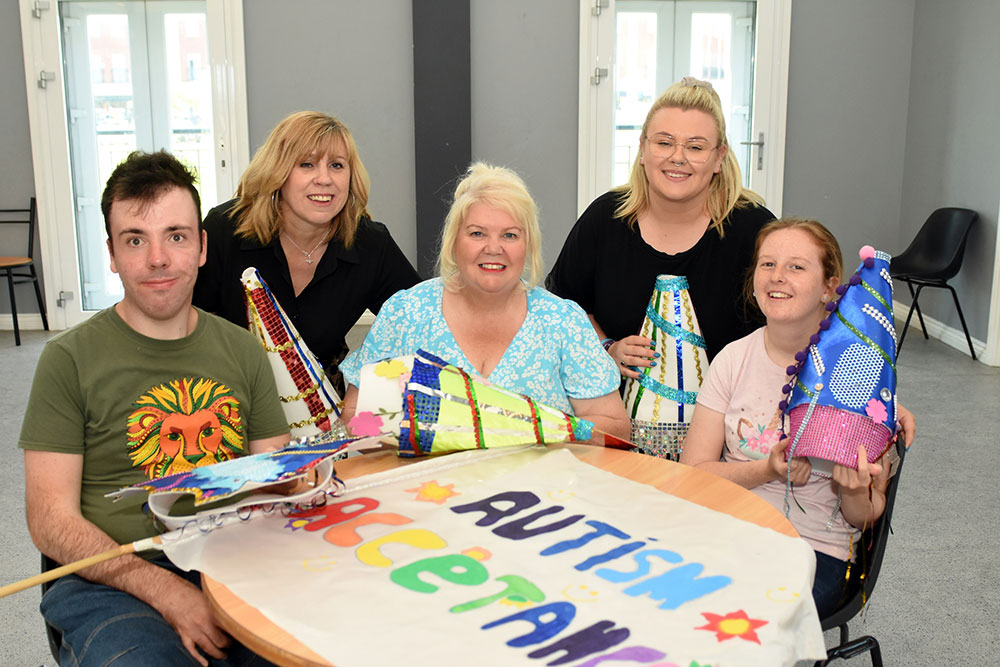
In addition to supporting people with legally protected characteristics, we seek to support other groups who aren’t protected under the Equality Act but who we know also experience inequality. This year saw councillors agree a motion to recognise care experience as a locally protected characteristic to help increase opportunities for these people who often face stigma and prejudice in employment, education, and other areas of life. We have also again been awarded ‘gold’ status in the Ministry of Defence’s Employer Recognition Scheme, to recognise the work we do to support the armed-forced community, including through events, recruitment policies, housing support and work with partners such as Naafi Break. We also seek to address socio-economic inequalities and are working alongside partners to undertake a Poverty Truth Commission to listen and learn from residents about the challenges they face in their lives and their experience of public services.
We have worked hard over the last year to improve our understanding of the characteristics of our local communities, including through close analysis of initial releases from the 2021 Census that has helped us build up a better, more up to date understanding of our residents’ characteristics, experiences and needs. From this exercise, we know, among other insights, that 5.6% of our residents are from black or ethnic minority backgrounds; a range of faiths are represented locally including Christianity, Islam, Sikhism, Hinduism and Buddhism; 12.2% of residents have a long-term health condition or disability; 5.3% of over 16s have previously served in the armed forces; 2.74% of residents identify as LGBTQ+; and 0.38% of residents have a gender identity that is different to the one assigned at birth. There is further work to be done to better understand how different cohorts of people experience inequalities.
As a Council, we employ 4790 people, many of whom live in South Tyneside. We know that an organisation functions best when its employees feel supported, empowered, and able to be their true selves at work. We have therefore established a range of employee identity-based networks, including a carer’s network, LGBQTIA+ network, women’s network, disability and neurodiversity network and ethnic minority network. These groups are led by employees and provide a support network and a forum for developing potential workplace improvements and testing developing policy.
What’s Next?
We’ve made some good progress in relation to reducing inequalities, but we want to go much further to genuinely champion and make progress on this important agenda.
To help guide our next steps, we have benchmarked ourselves against the comprehensive Local Government Association Equalities Framework. Through this framework we’ve been able to test our current approach against national best practice and identify our strengths and areas for improvement in relation to Equality, Diversity, Inclusion and Belonging (EDIB). We have used this analysis to develop a focused set of South Tyneside Local Equality Objectivesto take us forward, they are:
Improve our data and understanding in relation to EDIB matters in South Tyneside.
Following our initial analysis, we anticipate that the steps to improve our data and understanding will include creating better ways to co-ordinate up-to-date intelligence across partner agencies, continuing the roll-out of specialist data integration and analysis software, establishing a publicly available data observatory to improve our understanding of local communities and, sitting above all of this, developing a comprehensive Data Strategy that considers skills, culture, data processes and technology platforms to allow us to be an increasingly evidence-driven organisation. We will also improve our own workforce information, including in relation to protected characteristics and pay and progression and take steps to ensure that our workforce is more representative of the communities that we serve.
Strengthen our approach to engagement and co-production with a wide range of individuals, communities, and groups.
To strengthen our approach to engagement and co-production, we are already scoping a EDIB partnership summit for early 2024 and developing a new best-practice engagement framework and toolkit for services. We are also keen to increase our support and promotion of key EDIB awareness and celebration events across the year. We look forward to learning more about the needs of our residents through bespoke engagement such as the upcoming Poverty Truth Commission, which will improve our understanding of the challenges faced by people living in financial hardship. We will continue to embed the co-production principles central to the ‘Living Better Lives’ Adult Social Care and Commissioning Strategy and move away from traditional engagement methods towards those that work better for residents.
Embed EDIB into our culture, workforce, and everything we do.
As part of embedding EDIB into our culture, workforce, and everything we do, we will work with employees and elected members to strengthen their knowledge and understanding of this important agenda and the key issues for South Tyneside, and ensure they have the tools to help fulfil the Council’s statutory EDIB duties through their individual roles. We will help nurture the Employee Networks and develop Equality Impact Assessments that help improve our services.
Over the coming months, we will engage with a range of people – including those with protected characteristics which typically put them at a disadvantage – to work up the priorities and next steps for each of these three EDIB objectives, and we will formalise these into three-year action plans which will be published on our website by spring-summer 2024.
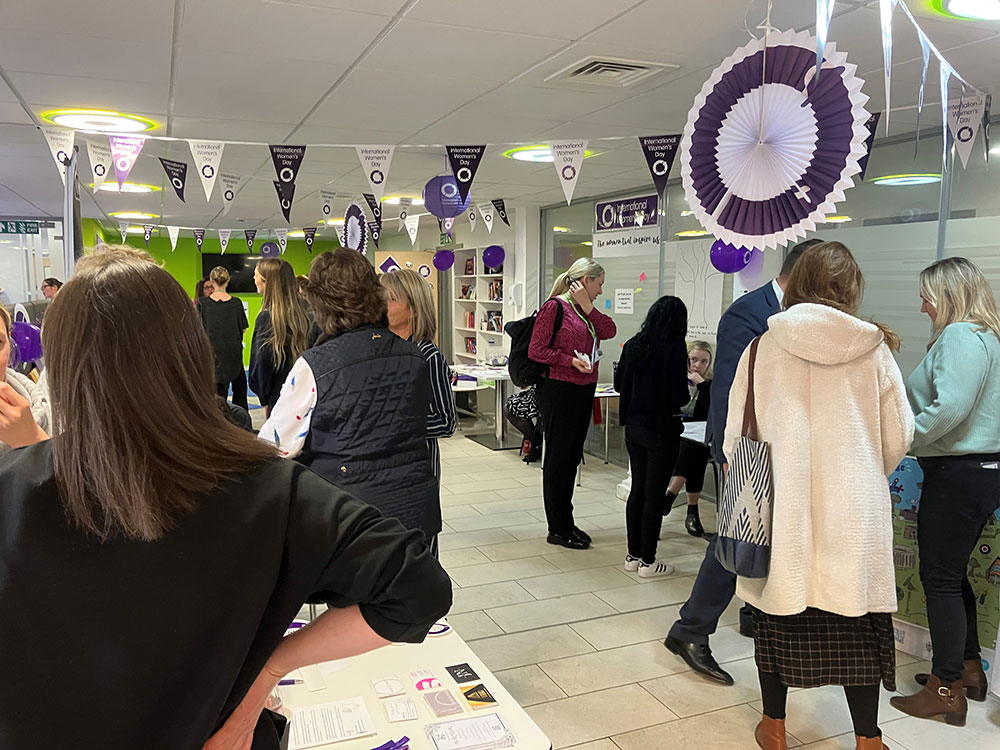
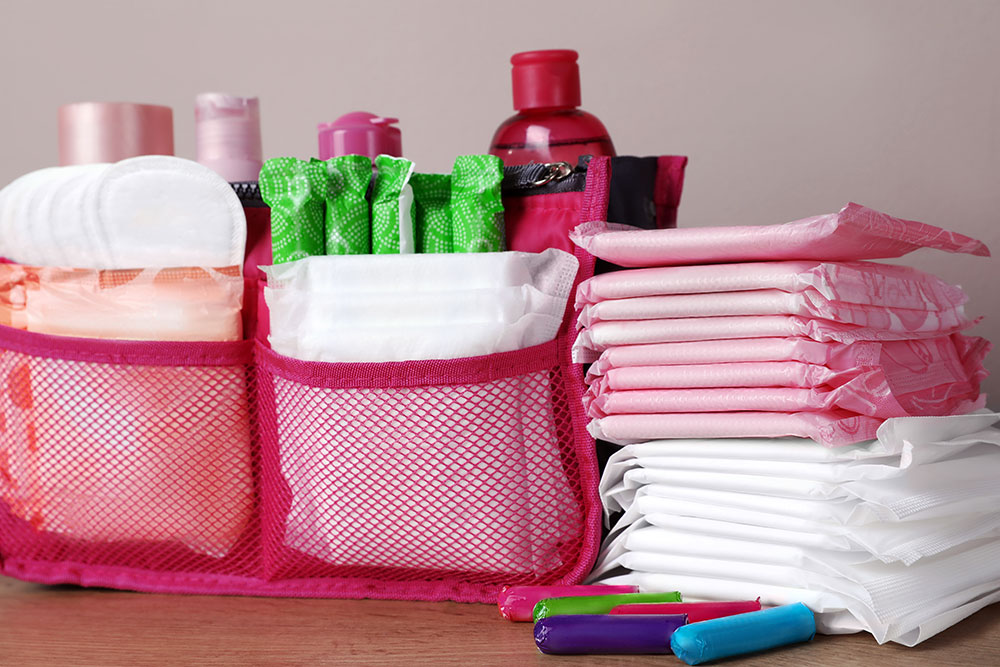
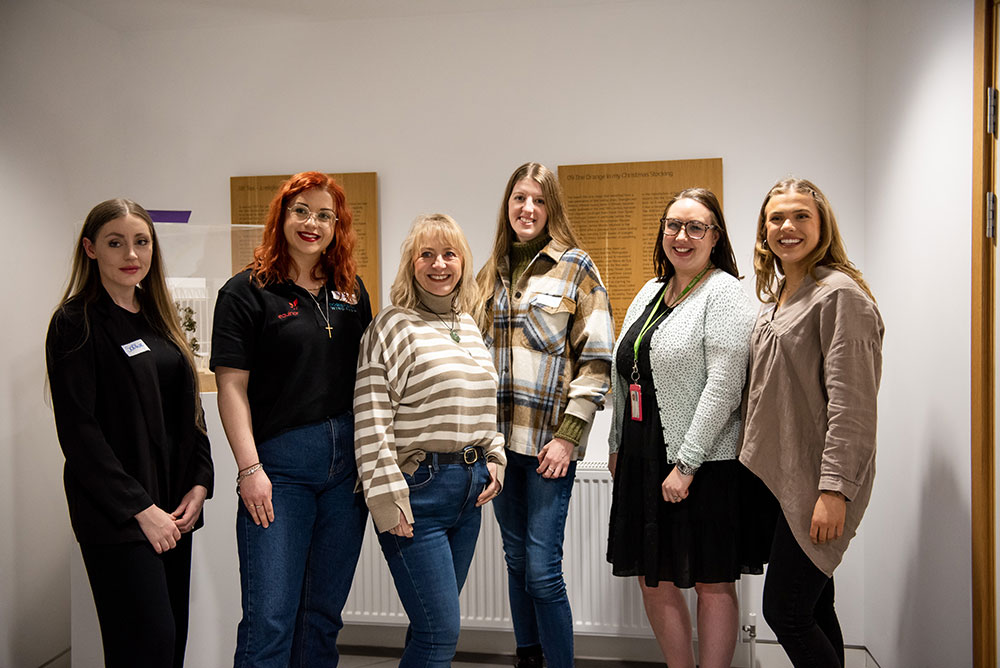
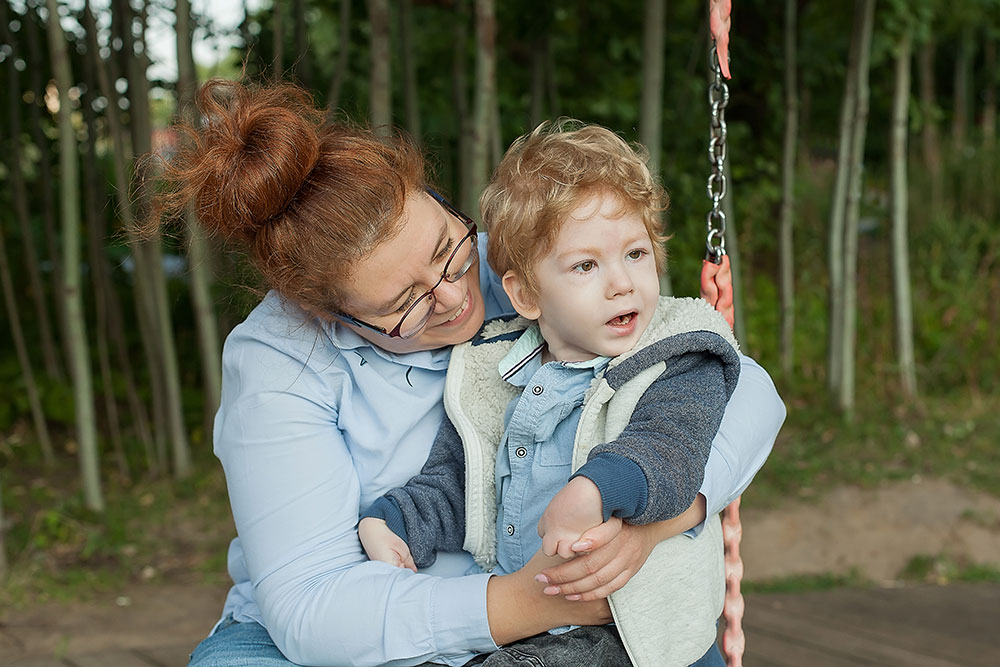

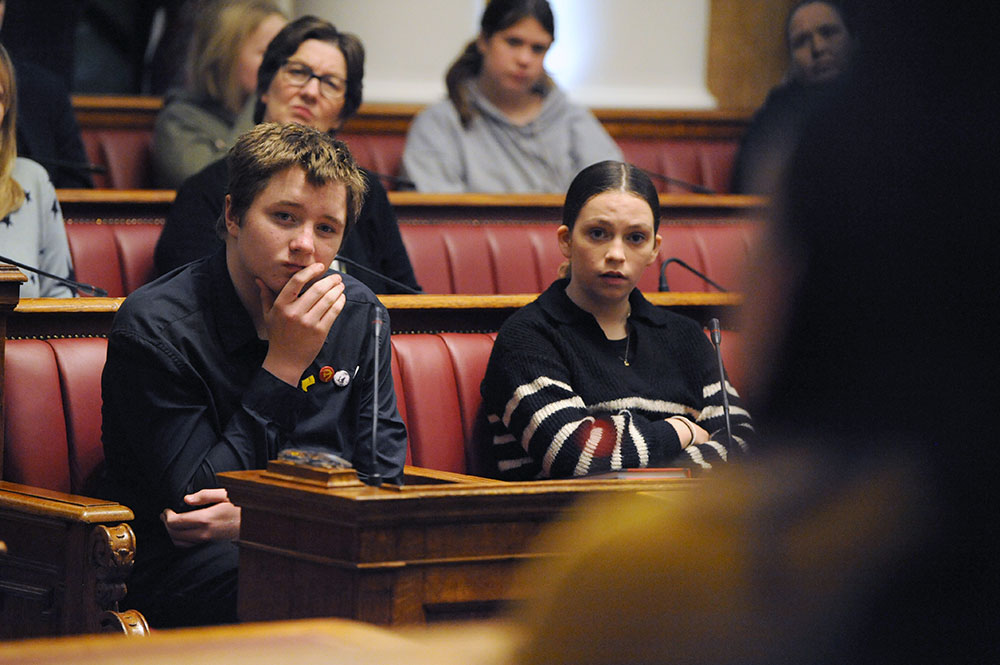
Recognising our fantastic workforce
Our employees, elected members and partners all play an important role in helping us achieve our Vision and Ambitions for South Tyneside. Many people have contributed to the achievements in this report, and we believe it is our collaborative and determined approach that keeps us moving forward during challenging times.

This Annual Report showcases the excellent work of many of our frontline services, such as health and social care, employment support, housing, leisure services, refuse collectors, benefits advice, and many more. We are lucky in South Tyneside to have a wide range of skilled, passionate, and committed professionals who work closely with residents to deliver services that are often very visible to the community and genuinely improve lives. In a typical year we empty 6.5million bins; manage 550km of road; receive 300,000 customer contacts; triage 25,000 new adult social care contacts and over 2,200 new referrals to children and families’ social care; and support 23,000 children in their nursery, primary and secondary school education. Most residents report high levels of satisfaction in relation to our core frontline services. For example, 9 out of 10 residents said they had an ‘excellent experience’ of Customer Services in a recent survey.
We also employ a range of talented and dedicated staff who work in our ‘support services’. These enabling functions are not as visible to residents but are crucial to ensuring frontline services operate effectively and the Council is ready for the future. Support services include finance, human resources, procurement, legal and democratic services, communications, policy, performance, Digital & ICT, assurance & risk, business support, and many more. These services have risen to the challenge throughout 2023, helping to modernise the Council and deliver improvements that ultimately make services better for residents, whilst ensuring we get the basics right. They do this by:
- Keeping the Council legally compliant.
- Helping people to work better and smarter.
- Helping solve problems and provide specialist knowledge, information, and advice to take the Council forward.
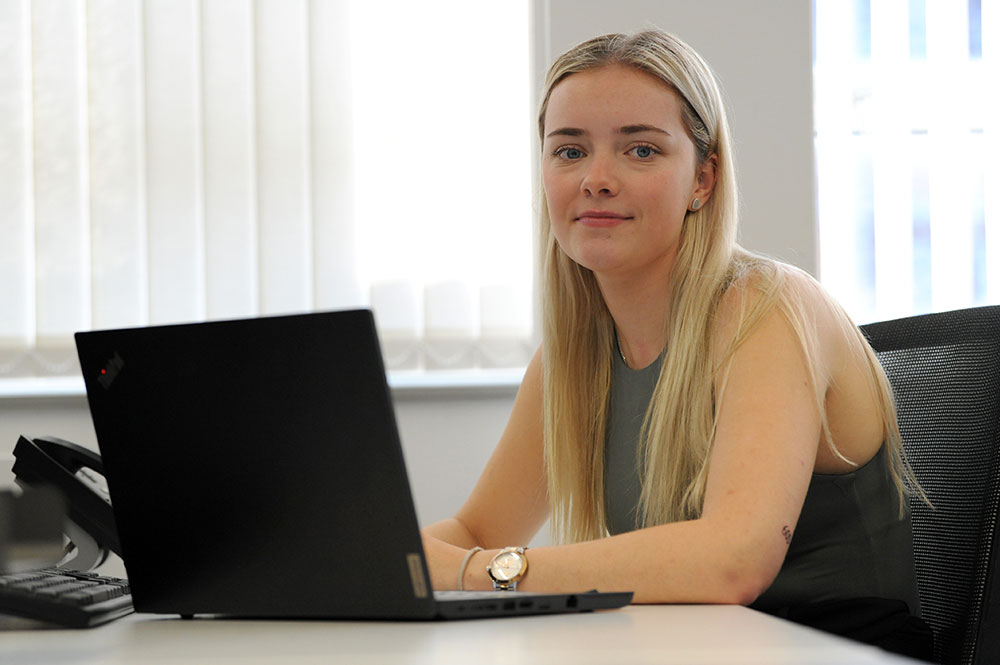
Some examples of recent work include:
- The Digital and ICT team has supported over 200 staff in children’s services with improved technology so cases can be accessed and updated ‘on the go’; worked closely with leisure services to improve online booking options with 88% of transactions now online; improved the flow of clinical information between the NHS and adult social care so better decisions can be made.
- The Performance and Information Team has developed new Quarterly Performance reports to increase transparency and describe progress against plans; and worked closely with children’s and adult social care to vastly improve recording and reporting of key management information.
- The Policy Team has co-ordinated a partnership approach to tackling poverty amidst the cost-of-living crisis; led on Pledge South Tyneside which has brought £3million to the borough, supported by our procurement team to increase Council spend with local suppliers as well as promote social value through contracts; and continues to lobby government and other bodies for more investment.
- The Human Resources and Organisational Development teams have delivered enhanced training and development programmes for employees and councillors; launched employee networks, as well as council-wide annual reviews and check-ins; and led a review of recruitment and retention to ensure we secure the best people.
- The Legal and Democratic Service team supported Councils across the North East with their formal decision making towards a historic regional devolution deal to form a new mayoral combined authority to unlock huge new investment and powers for the region.
- As a result of work by the Communications and Engagement team, over 1300 residents, businesses and visitor have had their say on the future of South Shields Town Centre through ‘Our Conversation’. A further conversation on the future of Hebburn is also underway as at the end of December 2023. The team also plays a central role in keeping residents informed in ‘real-time’ about major disruptions to services.
- Our Civic and Member Support teams supported the conferral of two Freedom of the Borough awards in 2023, the very highest honour a Council can grant to recognise those who have given exceptional service to South Tyneside or its people.
- The Revenues and Benefits teams have developed an improved and enhanced Council Tax Support Scheme which will financially benefit over 10,000 households in the Borough.
- The Assurance and Risk team developed a new framework to assess and manage risk. This supports our efforts to assess and prioritise risk, increase awareness across the Council and being pro-active in taking mitigating action.
- The Finance team are adopting a new business partnering approach to better link the goal of positive service outcomes with robust financial management.
These are just some examples of the excellent work being done to ensure residents in South Tyneside receive the highest standard of service from the Council.

‘Our Council’ change programme
All organisations face change. Change may include the impact of new policy or regulation; the ever-changing global and national economic context and its effect on markets and public finances; changes to how people live their lives and their expectations; and developments in technology.
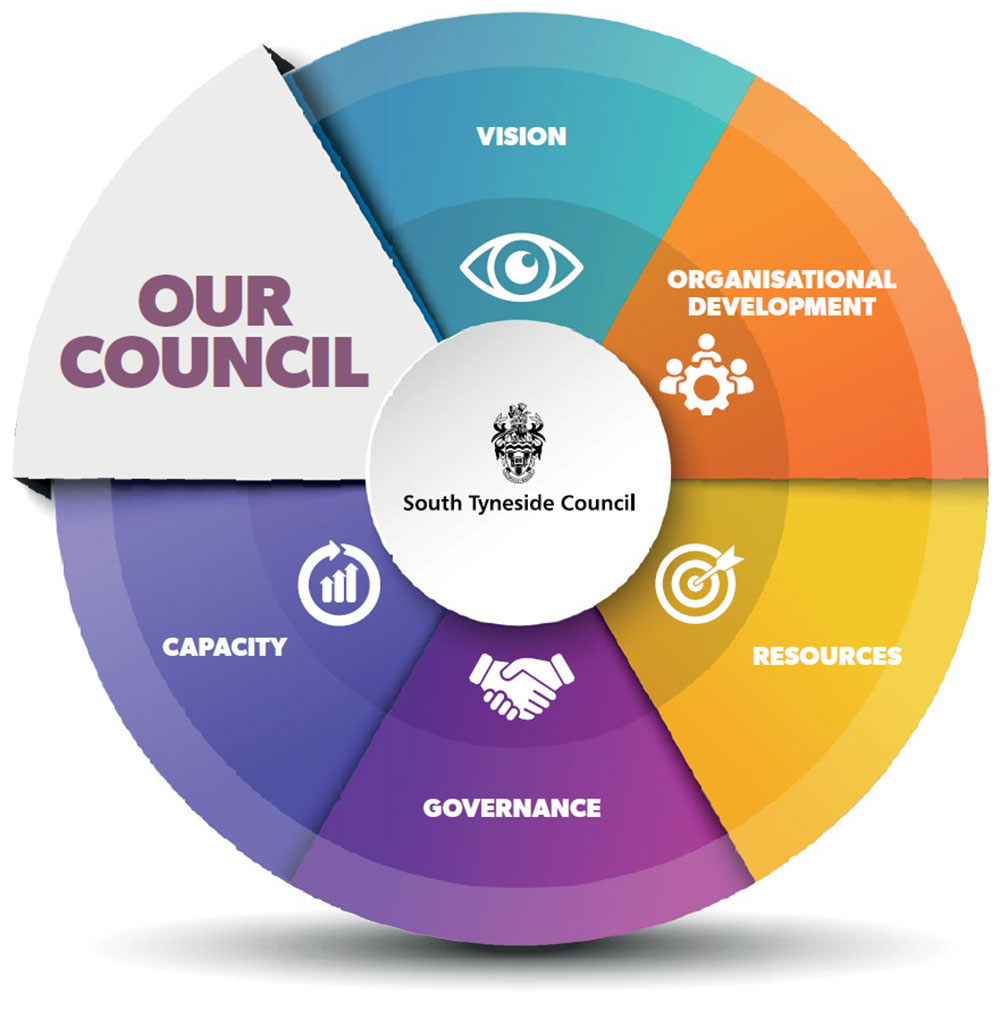
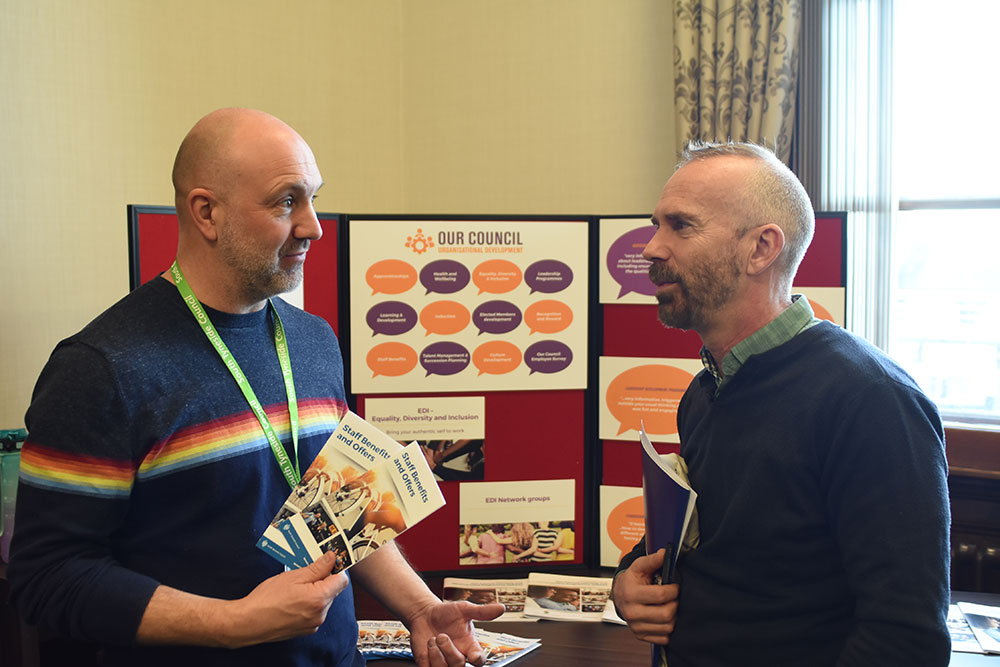
Successful organisations use change management strategies to build future capabilities, achieve greater success on critical projects, better prepare for the future and create consistency and efficiencies in how they work.
We faced significant change and challenge during 2020-21. The Covid-19 pandemic brought challenges for most organisations around the world, but undoubtedly more serious consequences for public services. We carefully navigated our local response and recovery from the pandemic, whilst in parallel managing a unique set of circumstances following a decade of austerity and some internal organisational changes and governance matters.
Initiated by our new permanent political and management team, the ‘Our Council’ change programme was formally launched in Spring 2022 to respond to our biggest challenges and opportunities.
‘Our Council’ was shaped by a range of intelligence, including internal and external feedback including an independent Local Government Association (LGA) Corporate Peer Challenge in January 2022 which resulted in 12 recommendations; a new Residents’ Survey delivered by Ipsos Mori; a local Business survey; and the first Council-wide Employee Survey in over a decade.
We have now successfully delivered phase one of ‘Our Council’ which focused on strengthening our core organisational foundations and was structured around five themes: Vision; Resources; Organisational Development; Governance; and Capacity.
The LGA Corporate Peer Team re-visited the Council in October 2022 and endorsed the progress made, stating ‘the Council has made clear and impressive progress on the recommendations given’ and ‘it is the team’s perception that the council continues to improve’.
The second Employee Survey also demonstrated very strong satisfaction across all headline areas - with 90% of employees agreeing that the ‘Council is a great place to work’; 95% feel trusted to get on with their job; 90% feel they have the appropriate equipment & materials to work effectively; and 88% think the Council supports employee health and wellbeing.
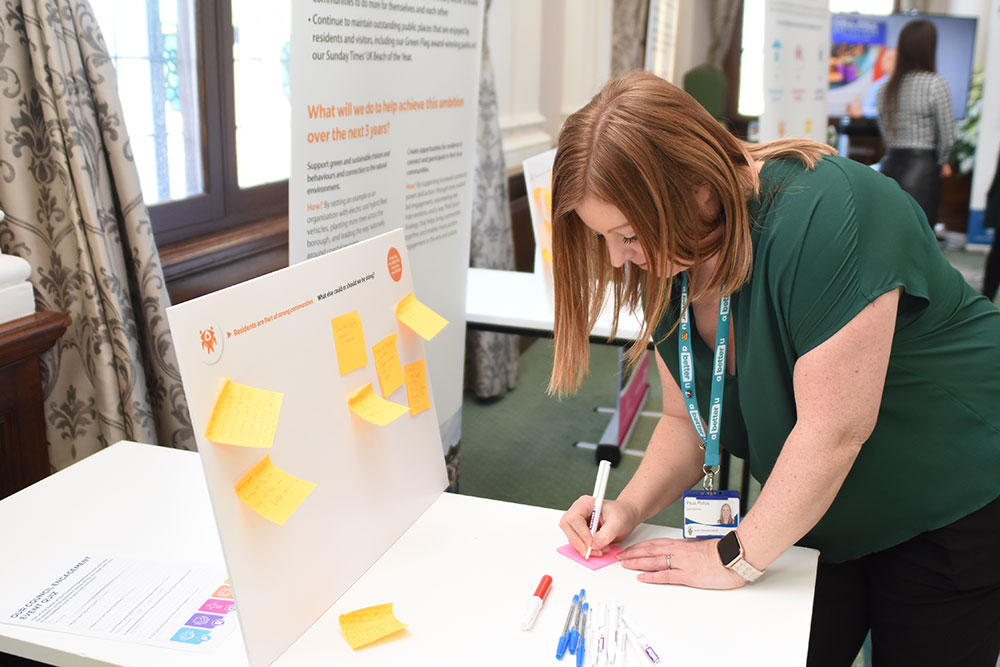
Some of the main things we did during phase one of ‘Our Council’ include:
On vision, strategic planning, and performance:
- We set a new 20 Year Vision and 3-Year Council Strategy, based on evidence, wide engagement, and co-production principles.
- We implemented a new improved Performance Management framework , with more KPIs linked directly to the new Vision and Strategy and new public reporting to increase openness and transparency.
- We supported services to develop clear 12 month plans to guide delivery.
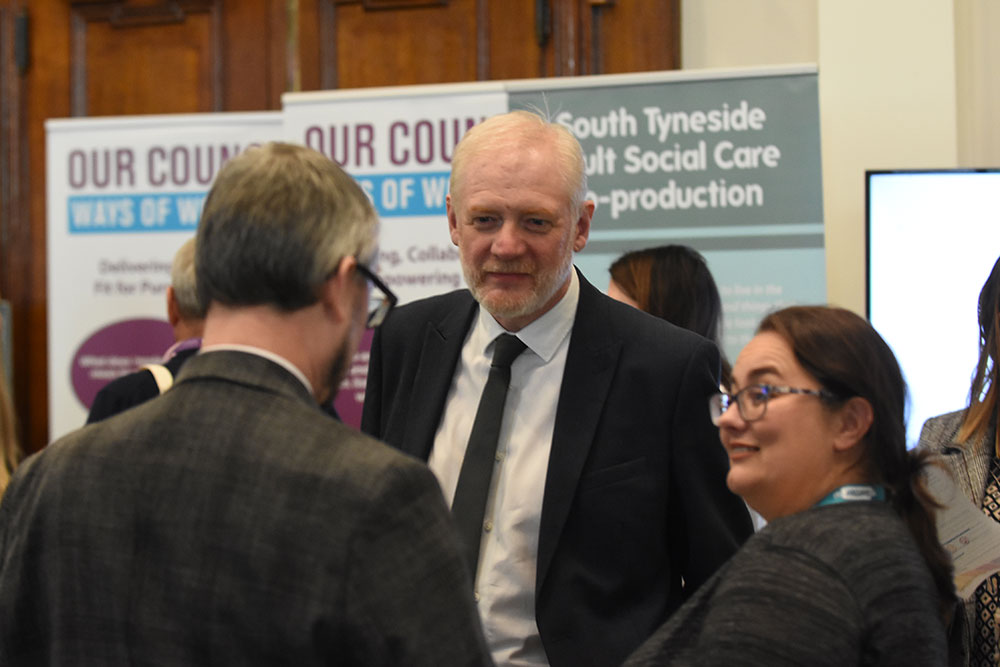
On good governance:
- We asked the Chartered Institute of Public Finance and Accountancy to undertake an independent review of our financial processes and an action plan was implemented to increase transparency, capability and inclusivity.
- We made ‘good governance’ a priority and strengthened constitutional and statutory grip across key areas, including frequent monitoring, review and updating of the Council’s Constitution, including Codes and Protocols.
- We focused on conduct and behaviour, with clarity around expectations, roles and responsibilities with refreshed guidance, and more support for whistleblowers through the revised ‘Speak Out’ policy.
- We refocused Standards Committee to support our improvement journey, including more regular oversight of complaints under the Elected Member Code of Conduct and national standards issues.
- We’ve improved how we structure ourselves and how we make decisions with protected and focused time for strategy, performance, audit & risk, and resource management
- We’ve improved our approach to evidence, insight, and engagement, with ‘Our South Tyneside Conversation’ developed to engage residents, businesses, and partners on a range of issues, and a lobbying strategy to drive investment, innovation, and learning.
- We’ve worked with people to refocus the South Tyneside Partnership with more diverse representation and ‘summit’ focused approach to jointly tackle key issues.
- We’ve established a new corporate programme management approach to help coordinate and standardise our approach to key programmes and projects and drive a business case culture with more emphasis on planned benefits, risks, and delivery.
- We’ve implemented more capacity in key service areas, to meet additional demand and drive improvements, including in children’s and adult social care frontline services, as well as improvement and project capacity, resident case management, performance and assurance, and organisational development.
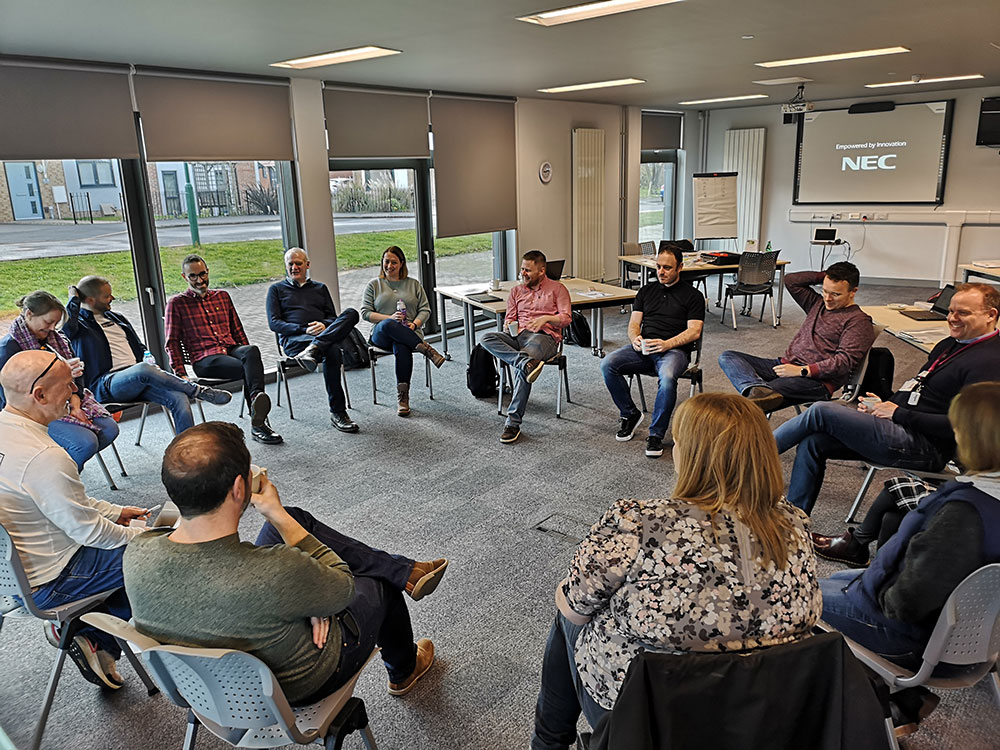
On culture and engagement:
- We’ve taken a Values-led approach to shaping the Council’s culture, with new co-produced PROUD Values and behaviours framework.
- We’ve prioritised internal engagement and feedback, with new Annual Employee Wellbeing Surveys and associated action plans, and regular staff engagement sessions led by the Leader and Chief Executive.
- We’ve set an expectation that all employees receive an Annual Review to focus on their wellbeing, development, and performance.
- We’ve implemented an enhanced development programme elected members and employees of all roles.
- We’re focusing on Equality, Diversity, and Inclusion, with new networks, collaboratives, and corporate equalities objectives.
- We continue to invest in the Modern Workplace Programme to support employees and elected members to work in more modern and efficient ways.
All these improvements are in addition to the significant number of reviews and improvements that have been made and are continuing within individual services and directorates, as well as the huge responsibility of delivering our extensive core frontline services amidst increasing demand and changing legislation.
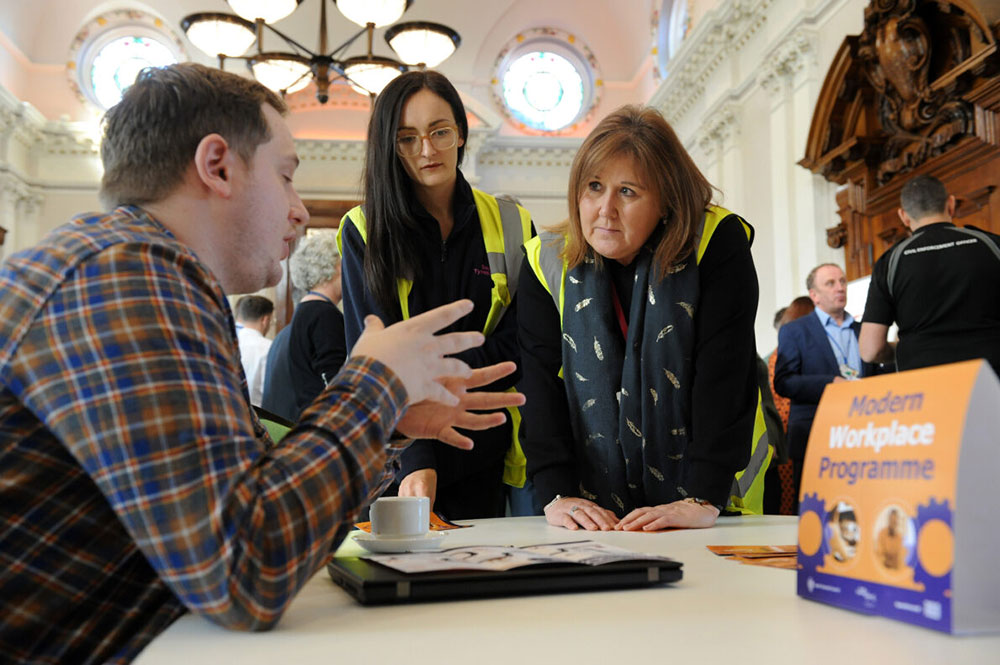
Phase two of ‘Our Council’
During phase two, we will continue to make improvements to our organisational foundations building on the progress we made during phase one, particularly in relation to embedding the appropriate culture, values, and behaviours we want to see across the Council. However, this next phase will increasingly focus on the significant ‘transformation’ business cases to help deliver change, improvement, and reform in line with the 20-year Vision and the Medium-Term Financial Plan. Phase two will help us identify what we need to do to achieve our long-term ambitions in the context of rising demand and increasing complexity of need, less government funding, unstable global economic conditions impacting the markets we interact with, changing legislation and regulation, the need to modernise in line with developing technology advances, and recruitment & retention challenges.
Phase two will focus on four themes :
- Prevention
- Commercial
- Modern, fit for purpose Council
- Evidence and engagement
Prevention
This is about us preventing, reducing, and delaying the need for services, such as social care, homelessness, and community safety. It includes effective demand management, as well as whole-system transformation. As a Council we are a ‘convener of place’ and we want to move to less ‘doing’ and more ‘enabling’. We want to increasingly focus on those who need our help the most, by getting ahead of demand and helping people to be more independent and exercise more control over their own lives. This includes more self-care options; making the most of strengths that already exist among individuals, families, and communities; more co-ordinated information and advice; greater alignment of activity across partners; more decisions led by the user; and greater use of data, evidence, and technology. By getting better at ‘Prevention’ we can help people live happier and healthier lives, which is always our main driver. We also know that social care accounts for 65% of our discretionary budget and therefore in the context of significant budget pressures and future efficiencies, there are also significant financial benefits to helping people earlier.
Commercial
Over the last two decades we have invested millions into borough-wide regeneration and infrastructure schemes. This investment has been used to improve the local area and kick start regeneration where there has been limited private sector interest. However, our ability to invest directly in large schemes has reduced over recent years, and this necessitates a need to explore more public-private partnerships and joint venture options to drive growth and regeneration. This may include use of our land and property assets; targeted investment in housing development; and renewable energy schemes. We will also support those services that can lean into a more commercial trading environment, and we will look to maximise the social value and community benefits of trading and commercial transactions where possible.
Modern, fit-for-purpose Council
This is about ensuring we have the right culture, skills, technology, processes, and environment to allow our employees and elected members to undertake their important roles and responsibilities in the most effective way and this is a future-proofed and modern Council. It’s about ensuring our systems and processes are efficient, effective, accessible, and sustainable, and digitally enhanced where possible, to improve resident and user experience and increase value for money.
Evidence and Engagement
In recent years we have made improvements in how we use, analyse, and embed data, evidence and insight into our decision making. This includes both hard data and softer intelligence, including insight gained from more conversations with our communities. However, led by our new PROUD values, we want to go much further on this and do a lot more around making fair, transparent and evidence-based decisions, and more listening, collaborating and empowering our communities, so that we can effectively deliver on our Vision and target support to make things fairer for the people and places that need it.
Phase 2 - Next Steps
There is already an extensive amount of work ongoing within each of these four themes and ultimately, we are working towards one overarching and strategic programme of change to take us forward, supported by clear business cases.
We are drawing in as much expertise as we can to help inform our next steps, this includes learning from market leaders and industry experts, as well as other authorities across the country who are doing innovative work. Each theme has a senior sponsor to oversee this work, supported by an overarching Transformation Board which reports to the Political Executive. We will continue to formally report on ‘Our Council’ through Cabinet, as appropriate.
Further Information
We hope you enjoyed reading this Annual Report. Please let us know what you think and any improvements we should consider for next time: https://www.southtyneside.gov.uk/article/11631/Leave-feedback
You can find out more about our key strategies and plans here:
- www.southtyneside.gov.uk/vision
- www.southtyneside.gov.uk/adultsocialcarestrategy
- www.southtyneside.gov.uk/localplan
- www.southtyneside.gov.uk/healthstrategy
- www.southtyneside.gov.uk/culturalstrategy
- www.southtyneside.gov.uk/communitysafetypartnership
- www.southtyneside.gov.uk/housingstrategies
We are committed to being open and transparent about our performance and progress. You can find our Quarterly Performance Reports here: https://www.southtyneside.gov.uk/article/15988/How-the-Council-is-performing